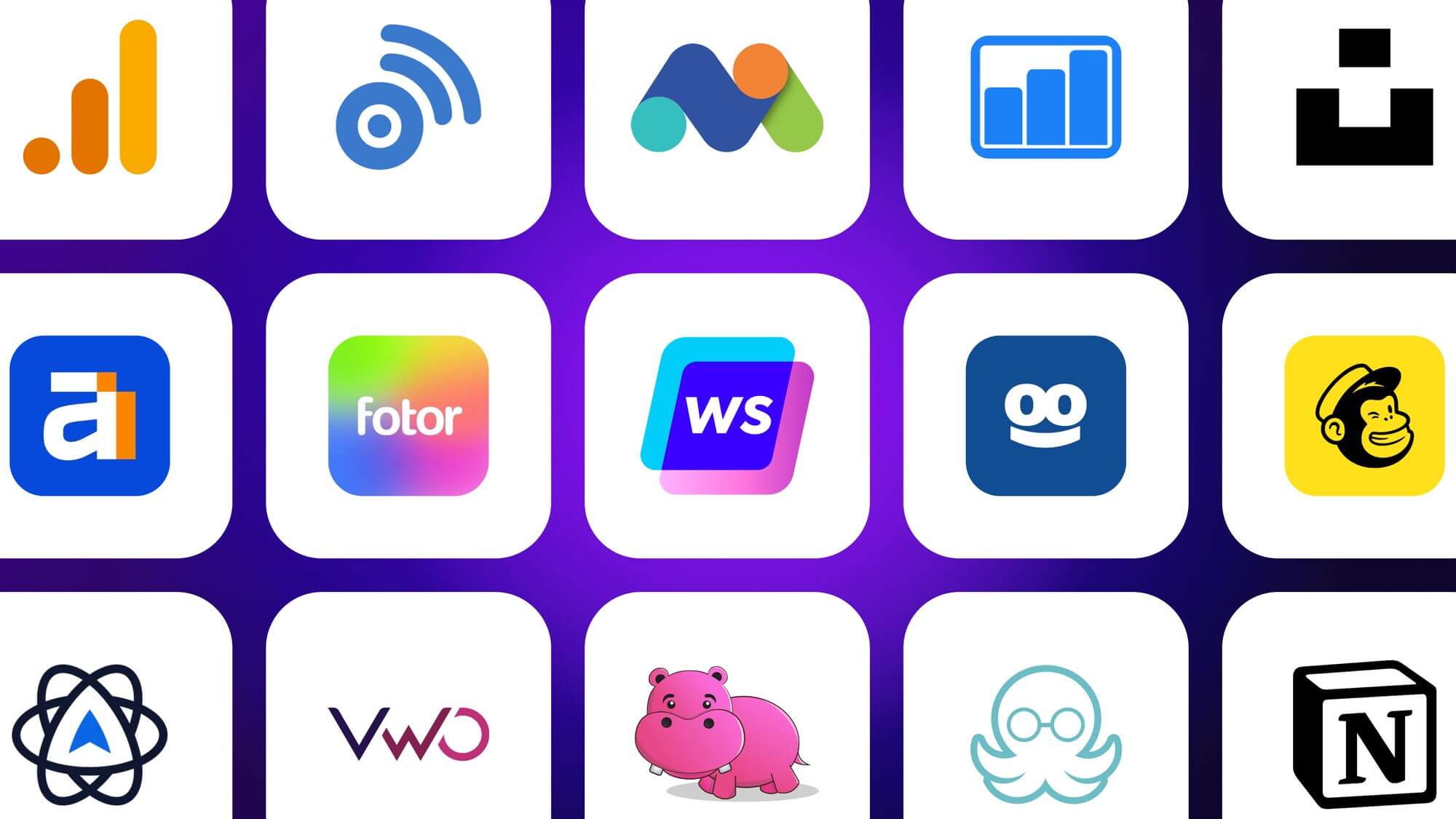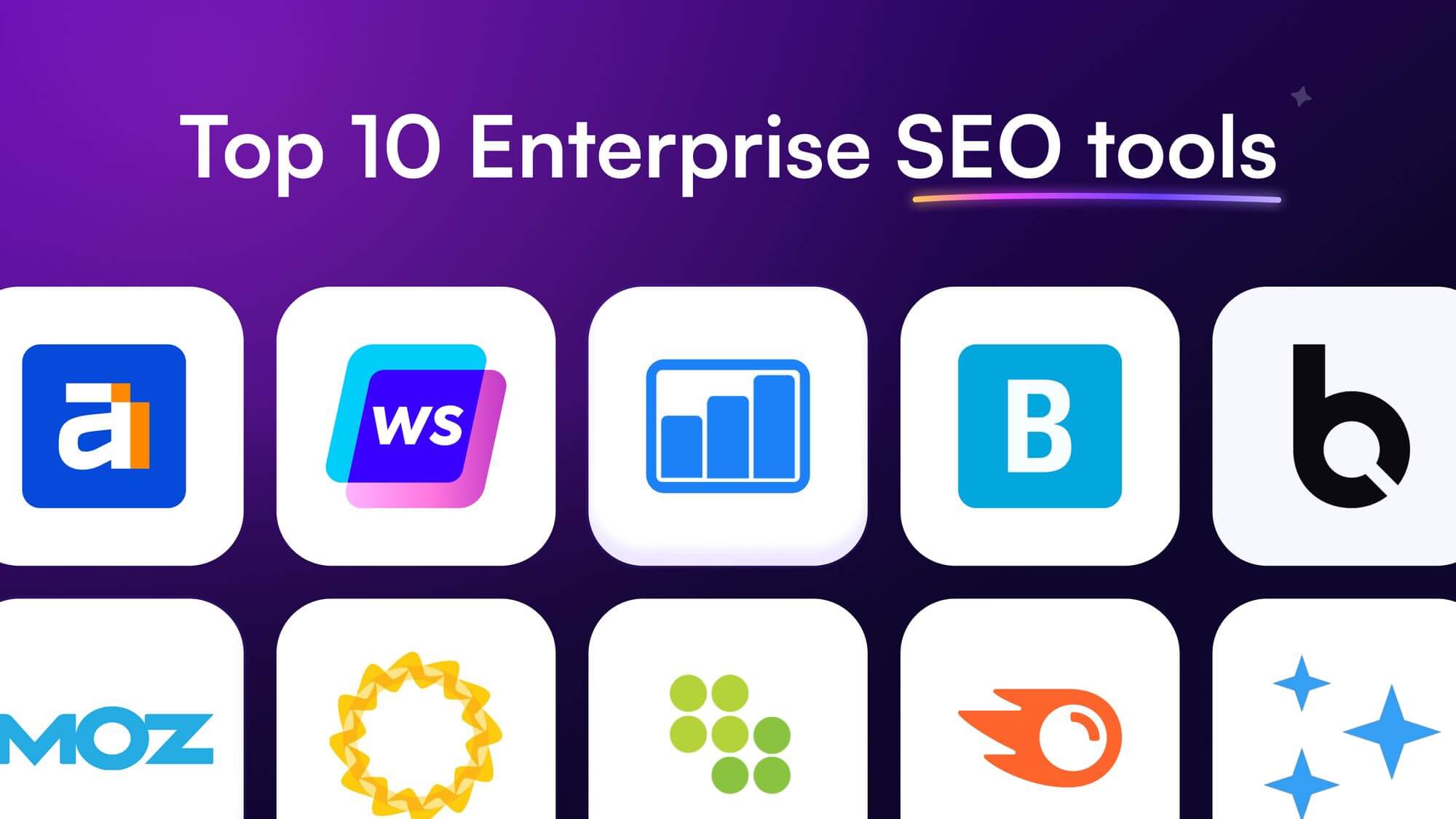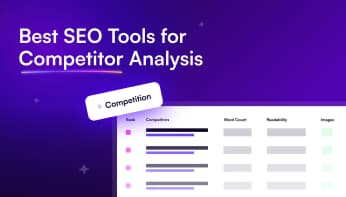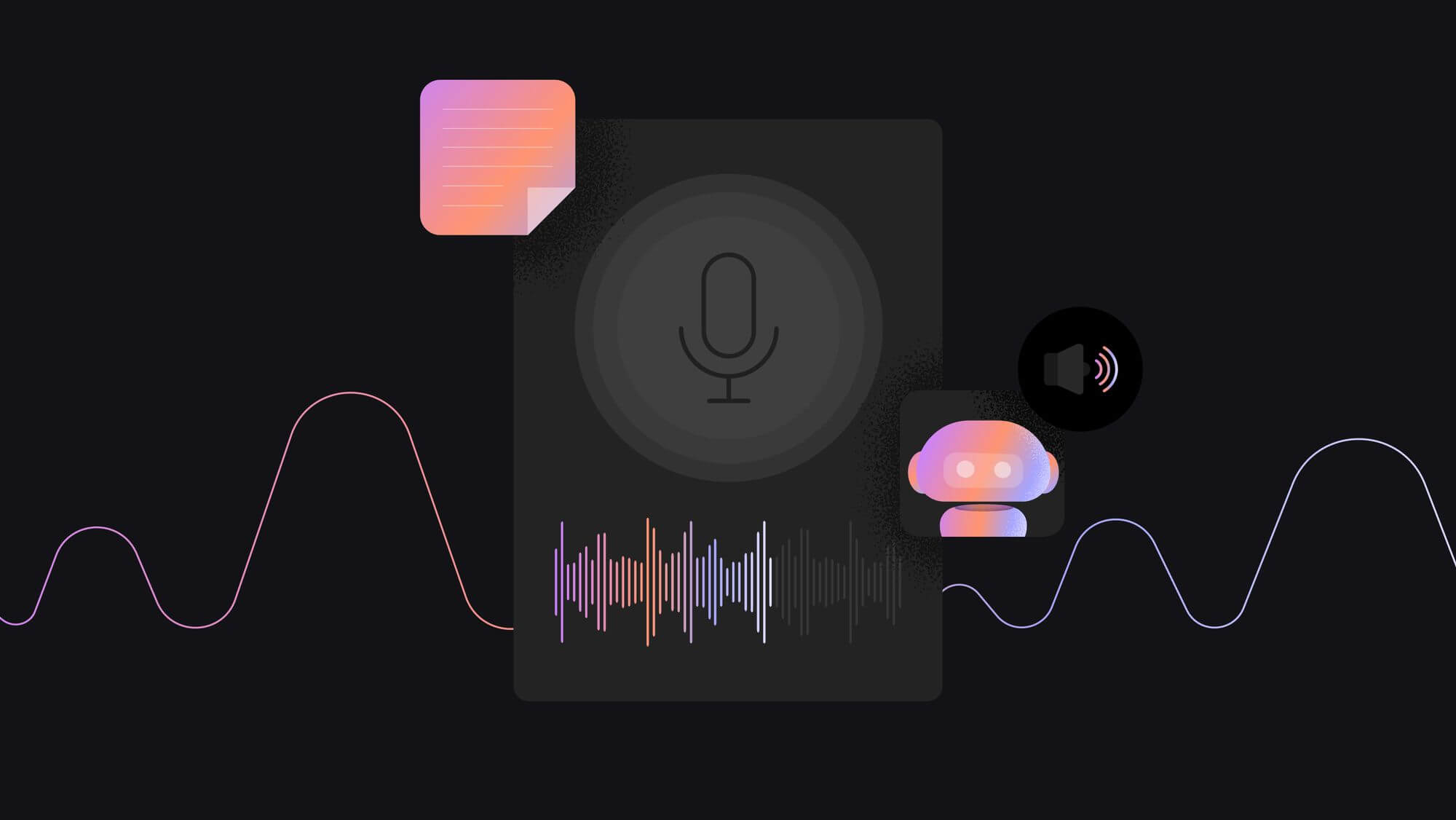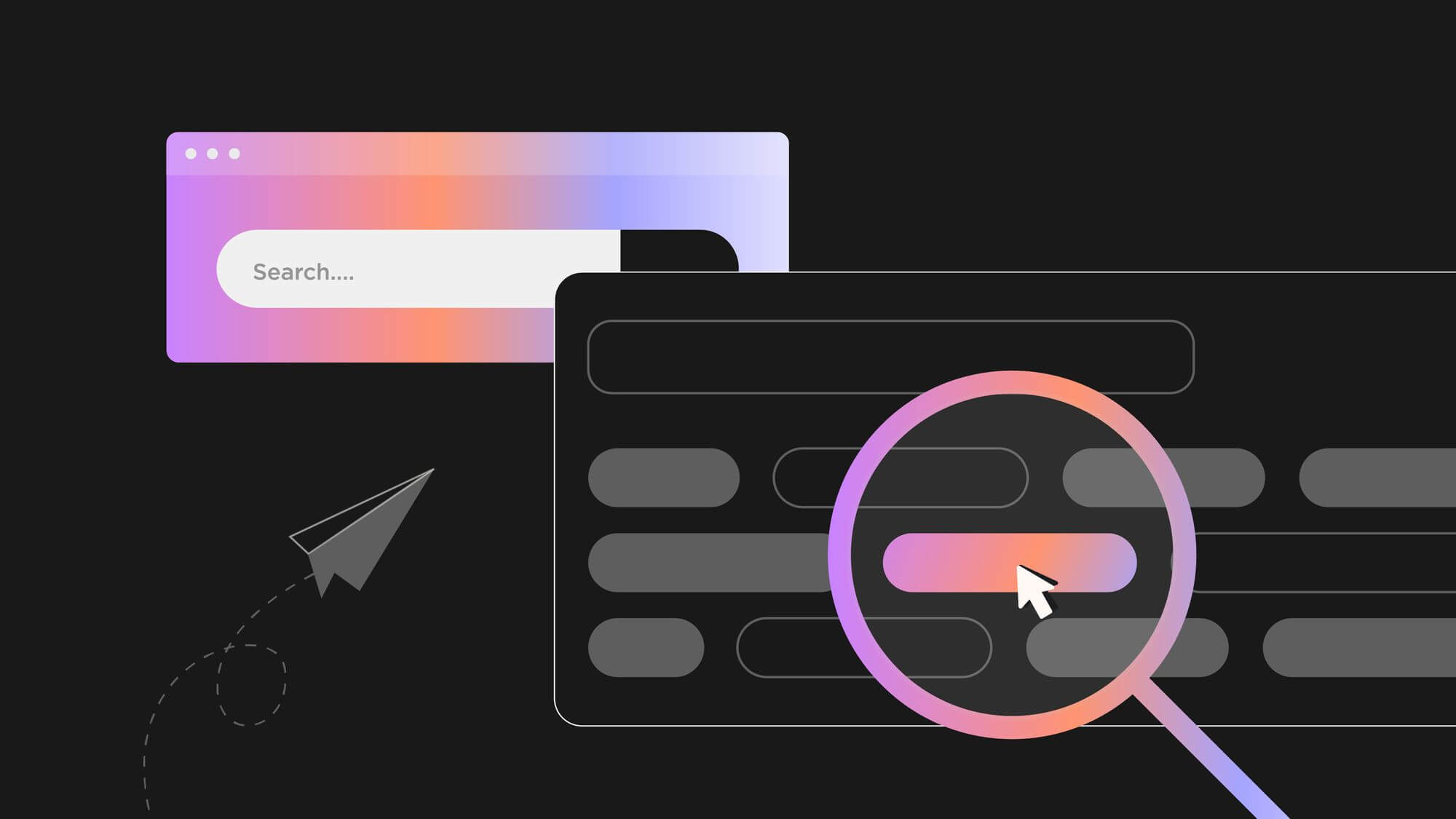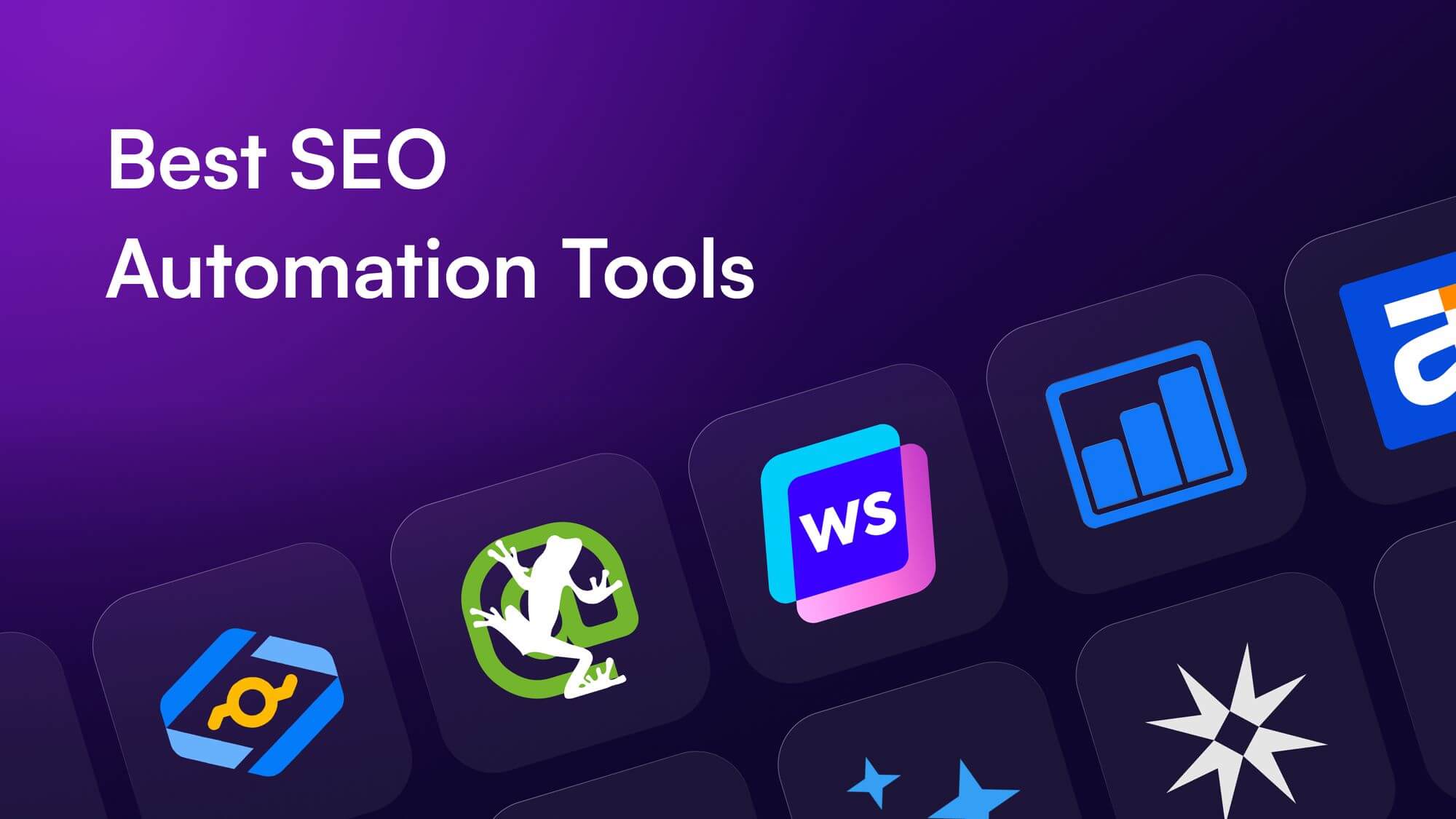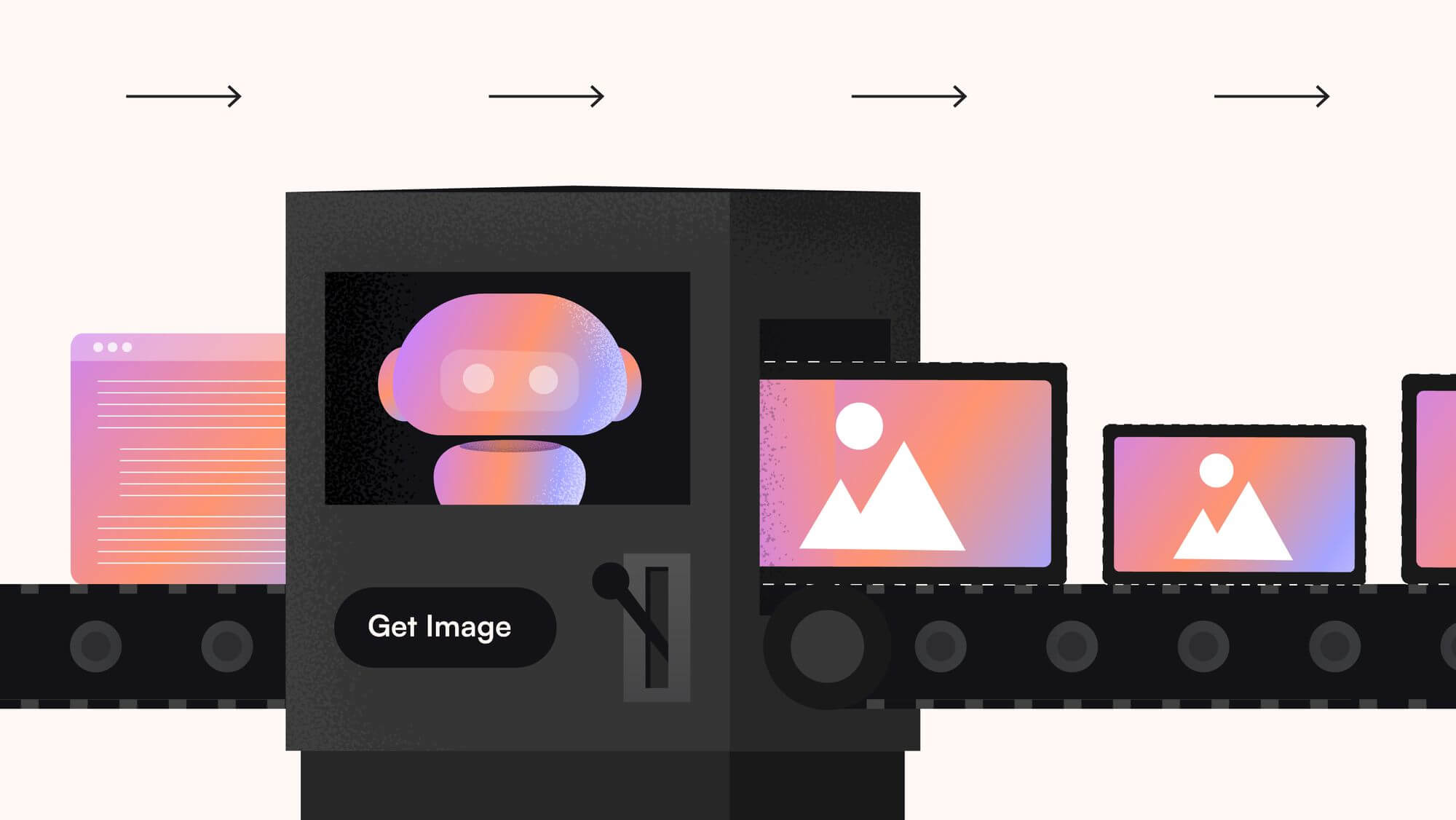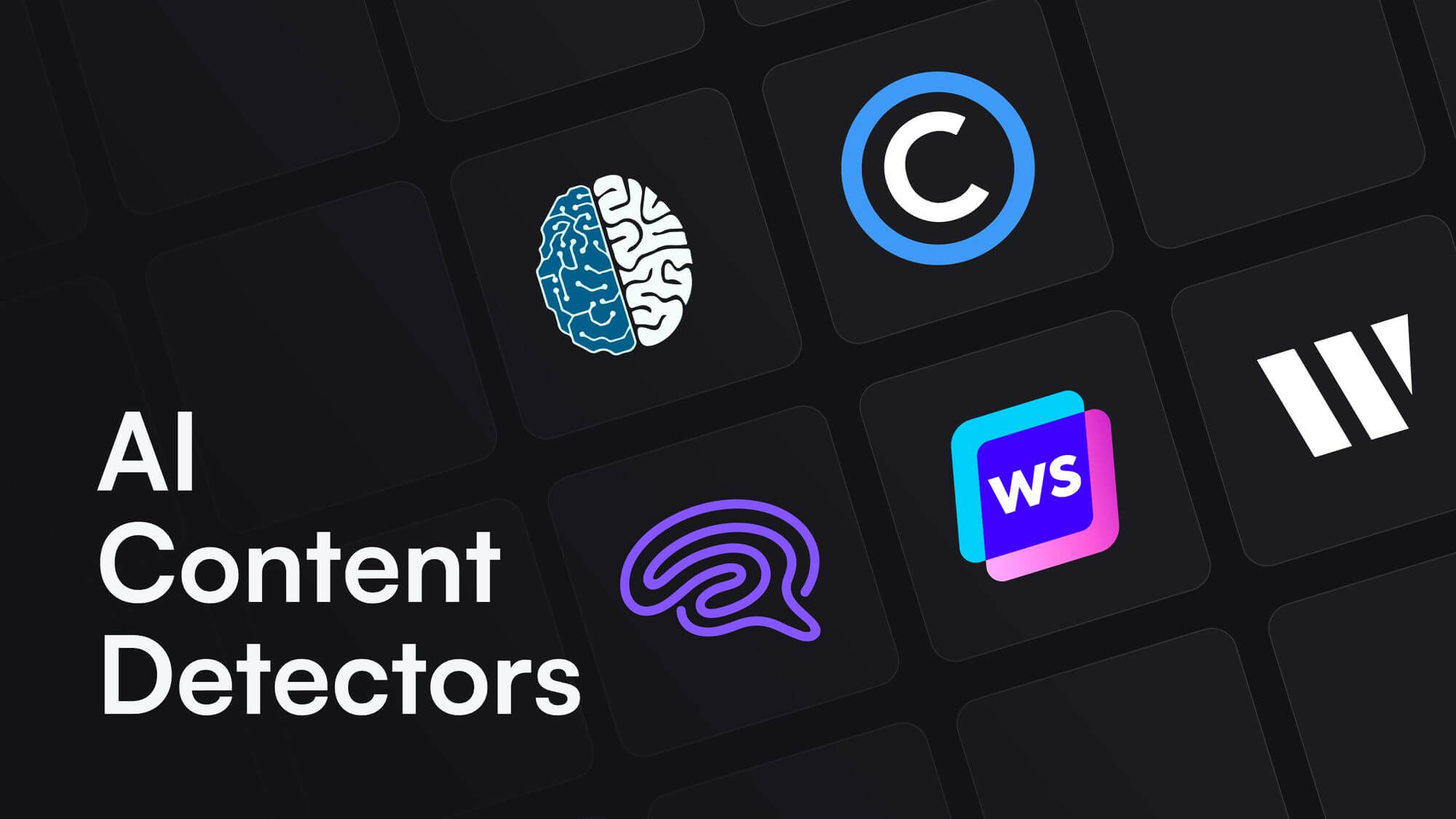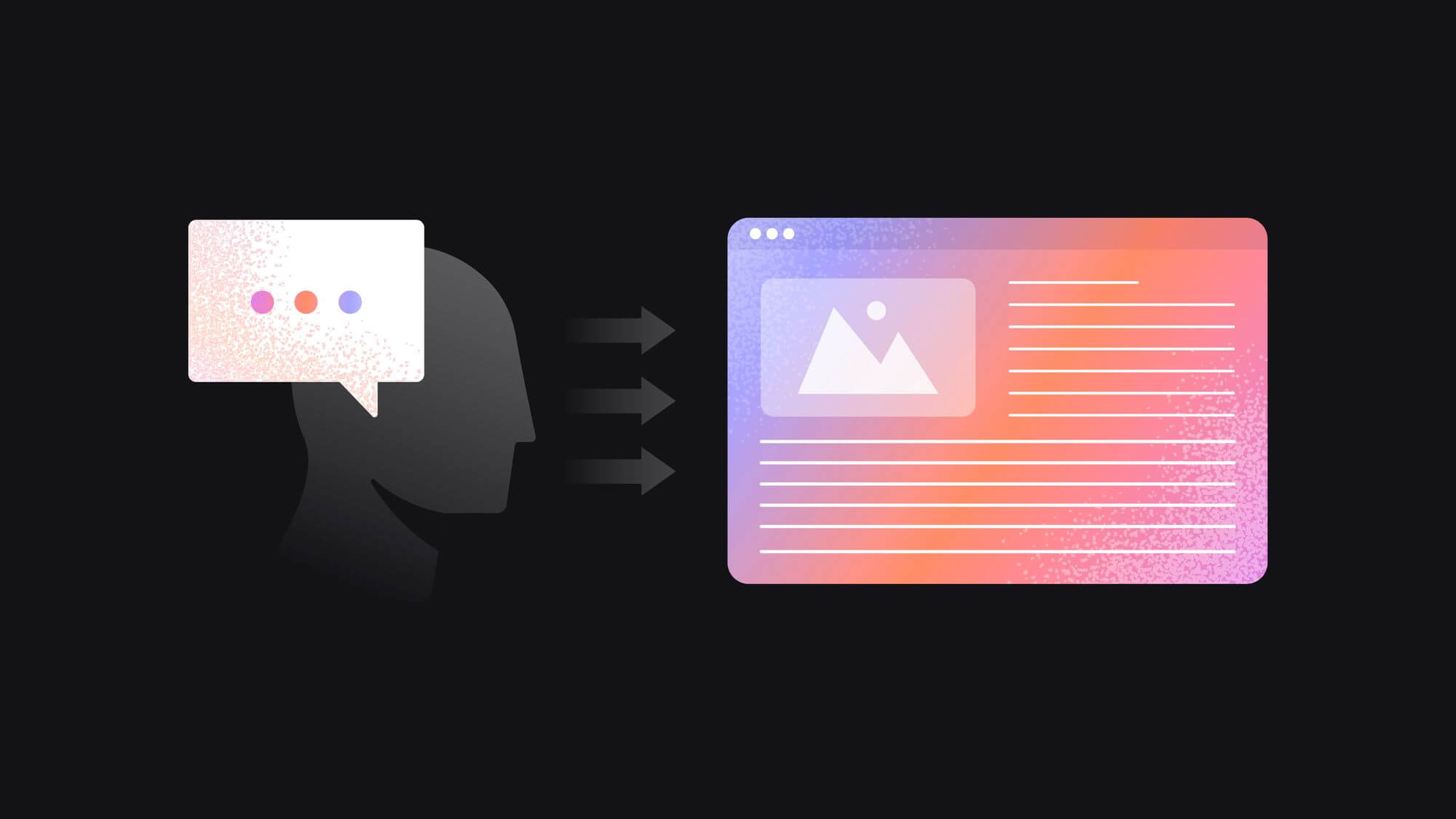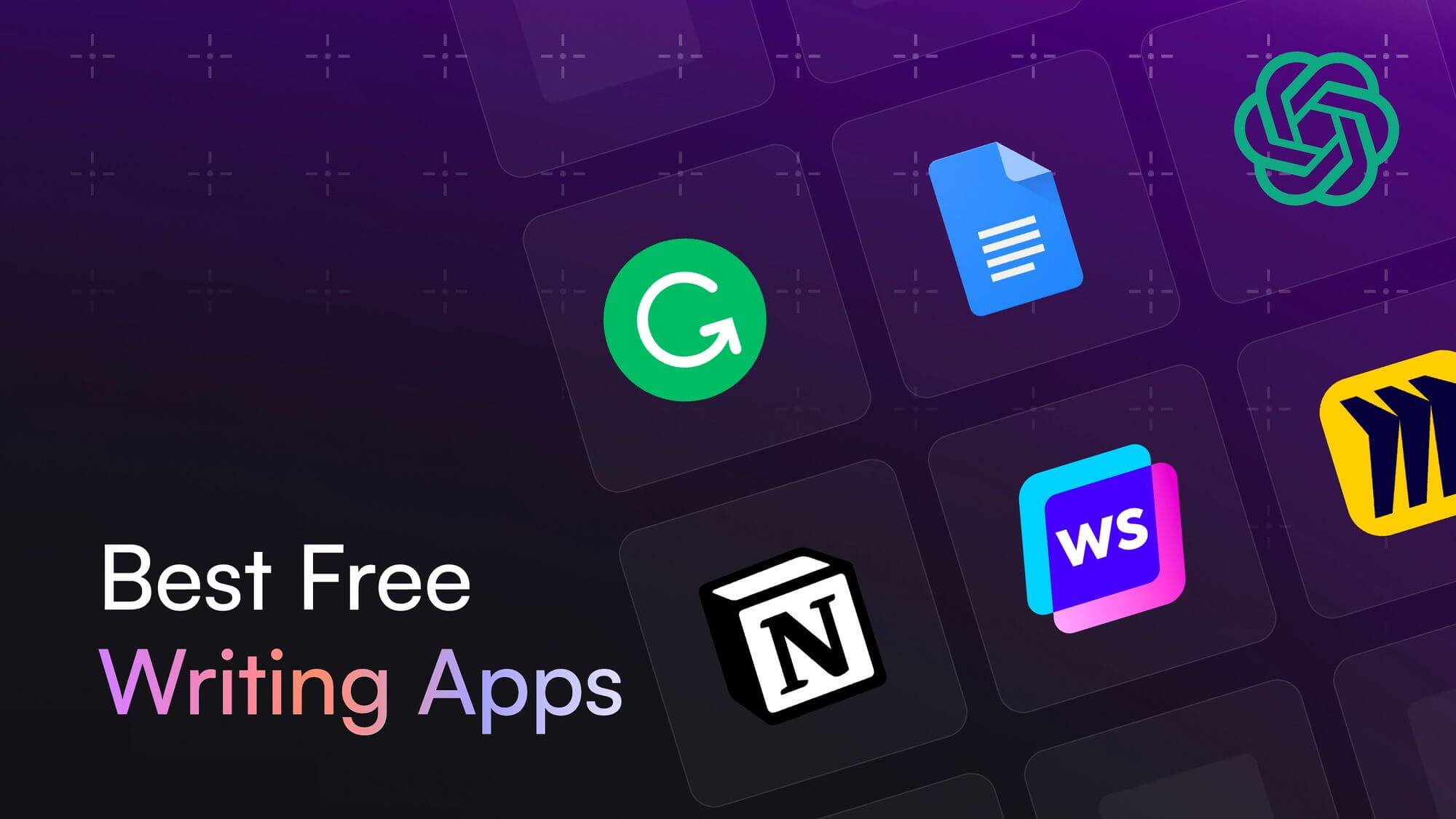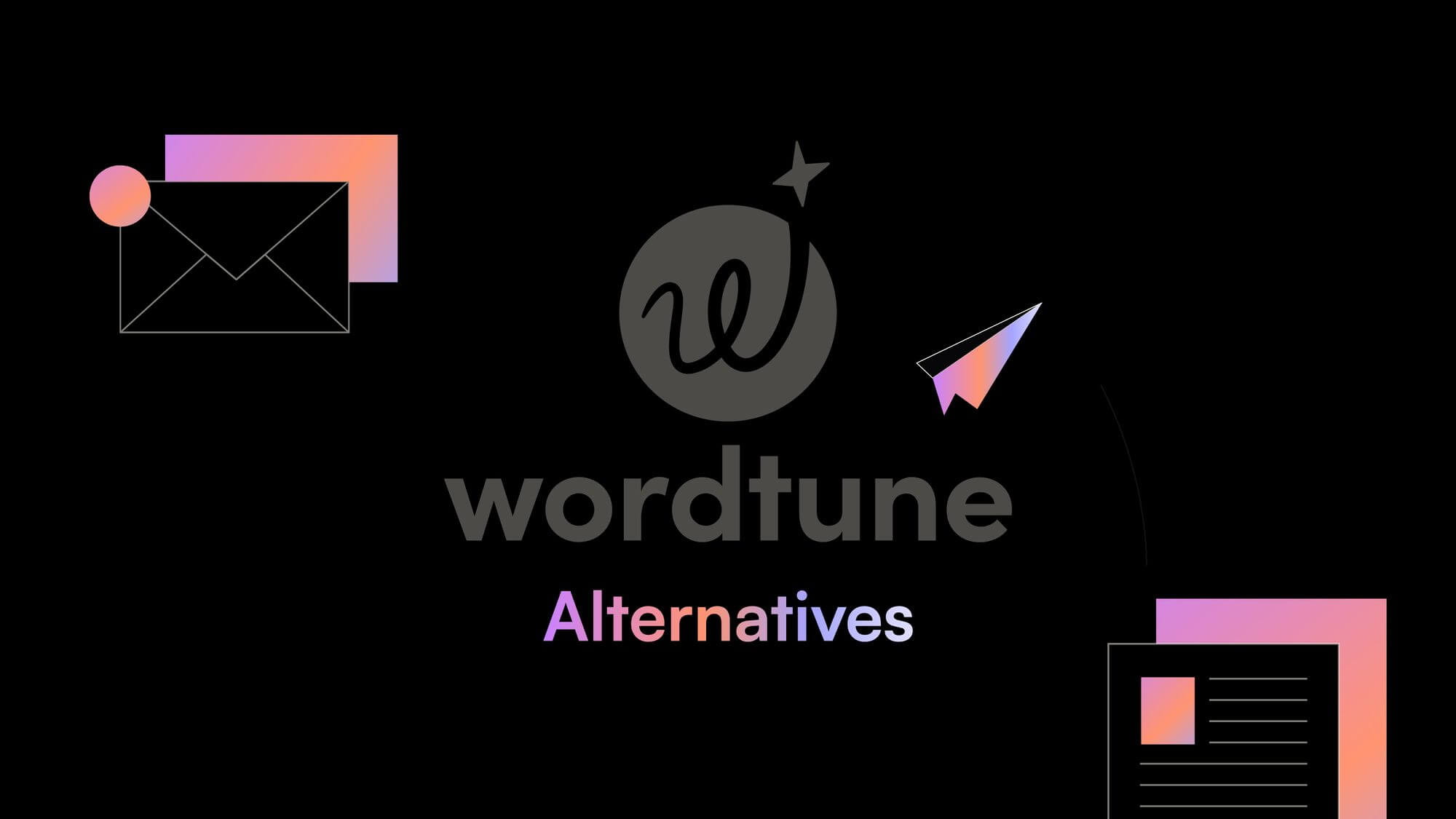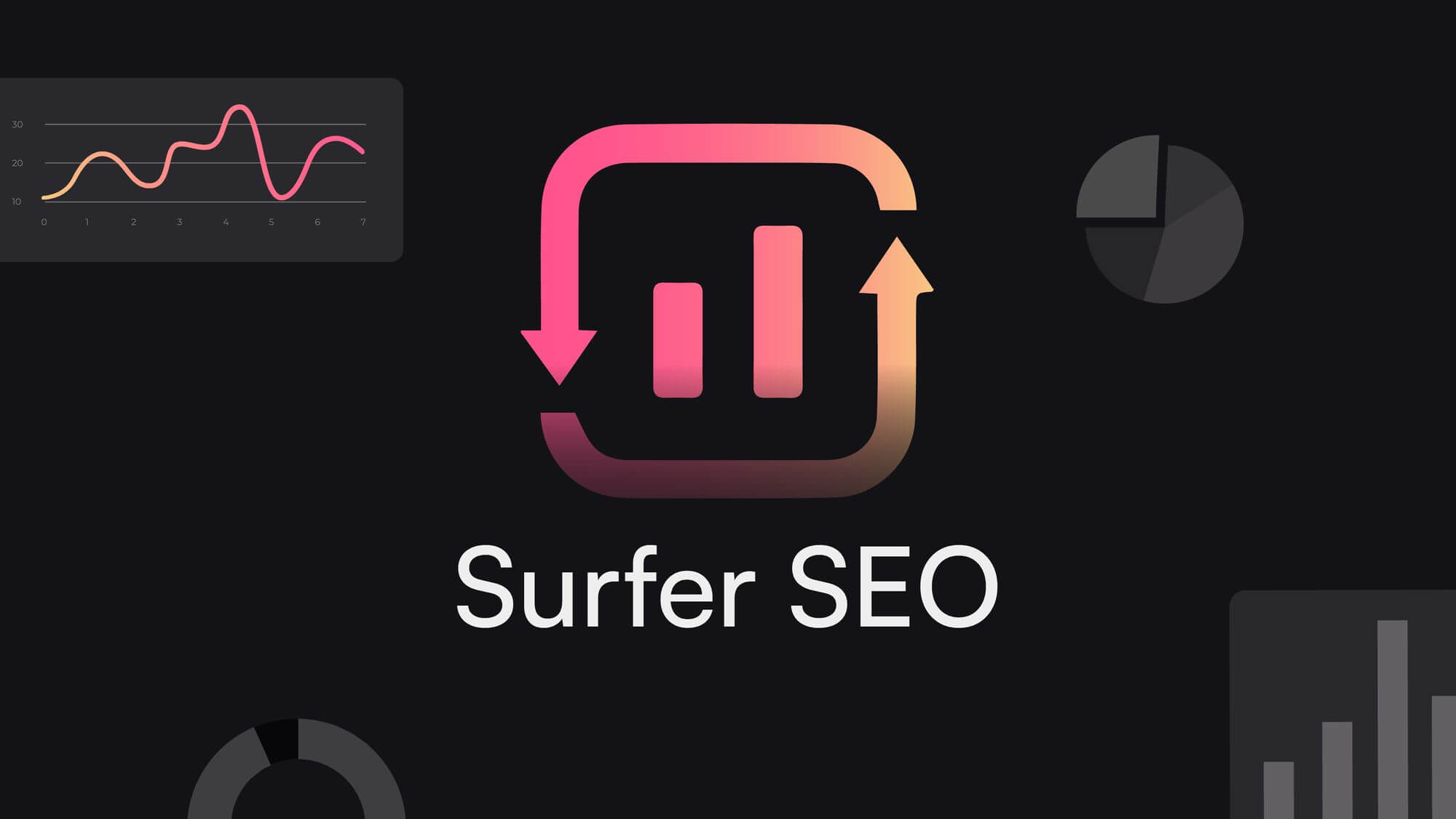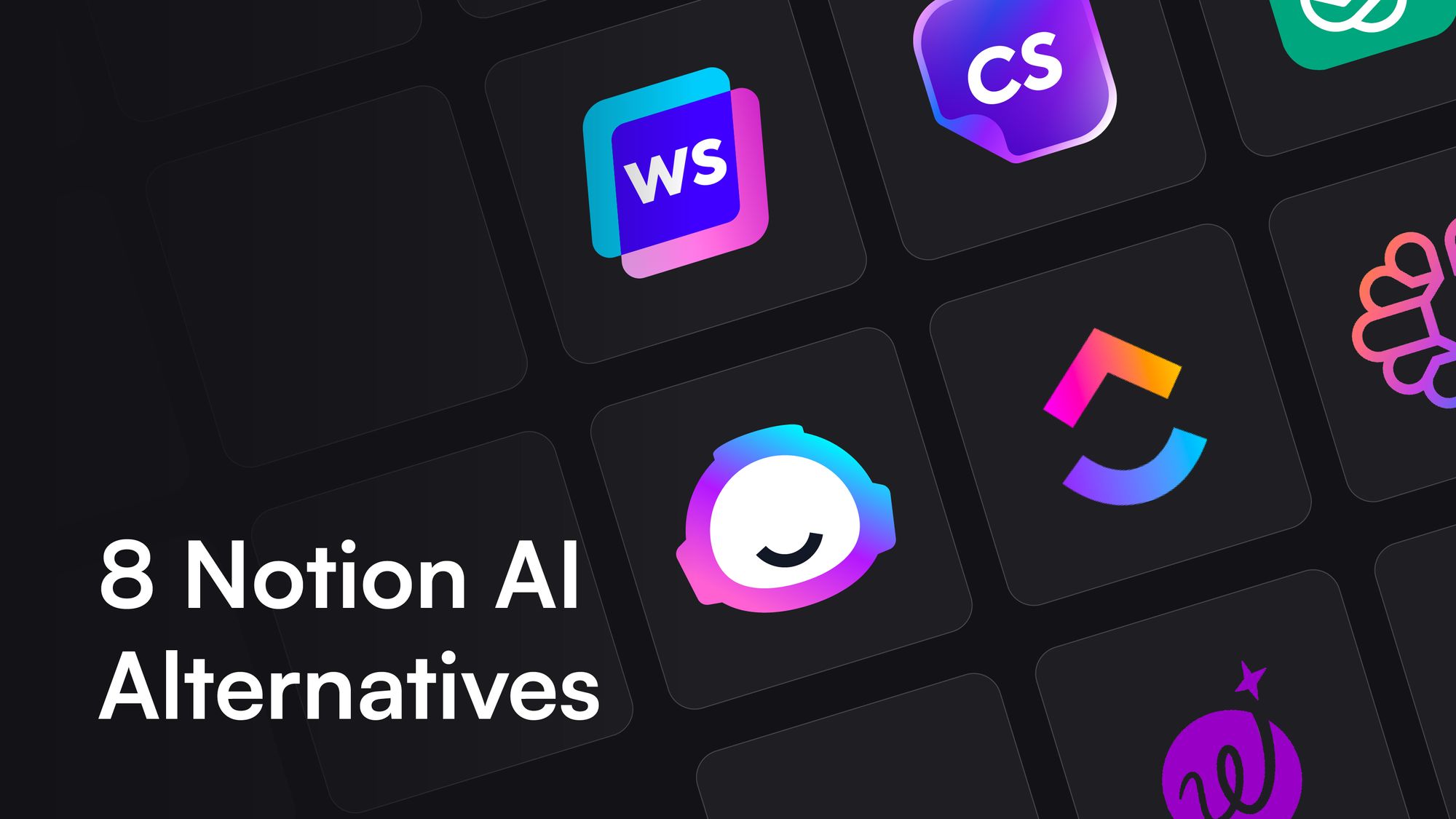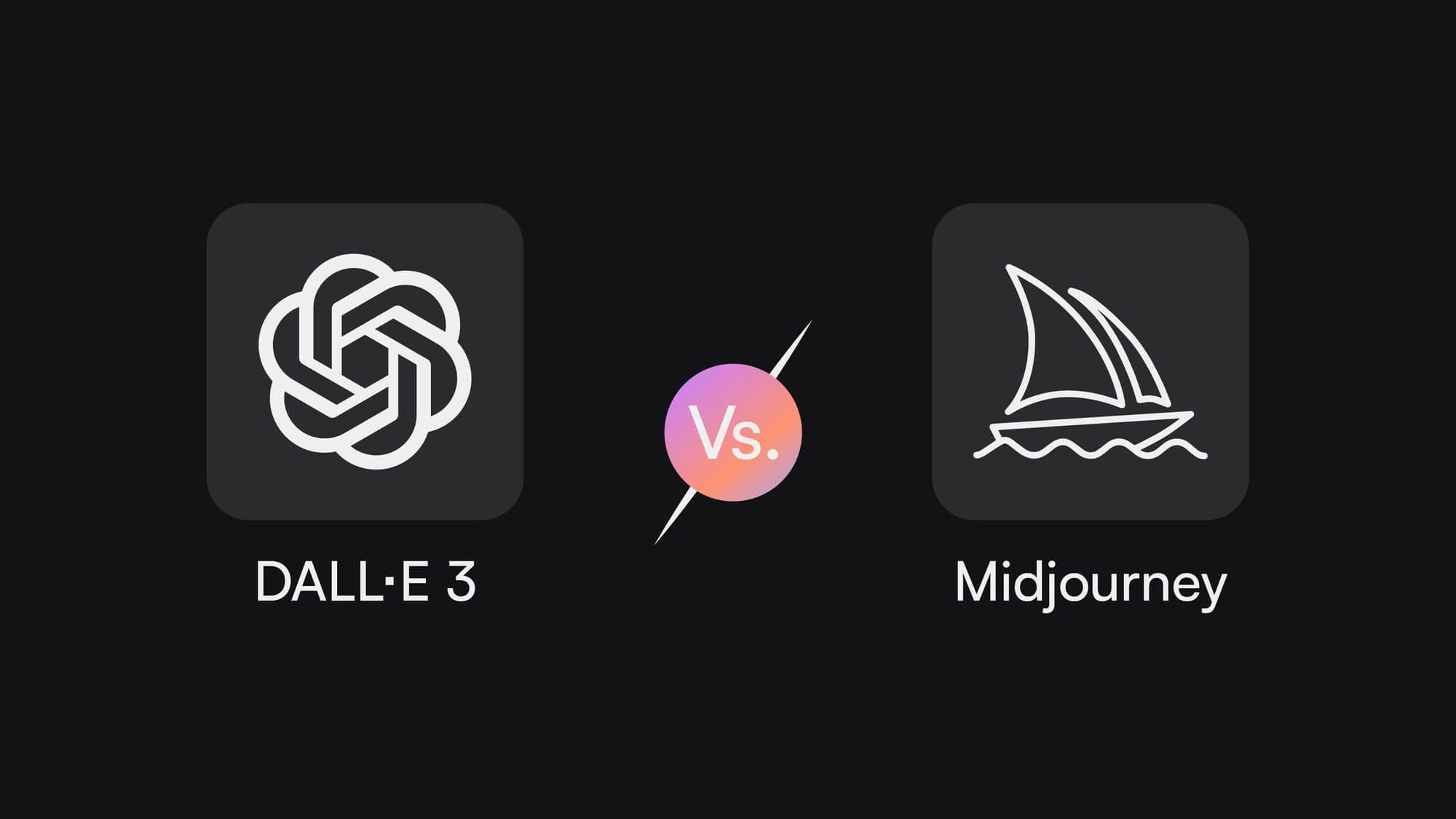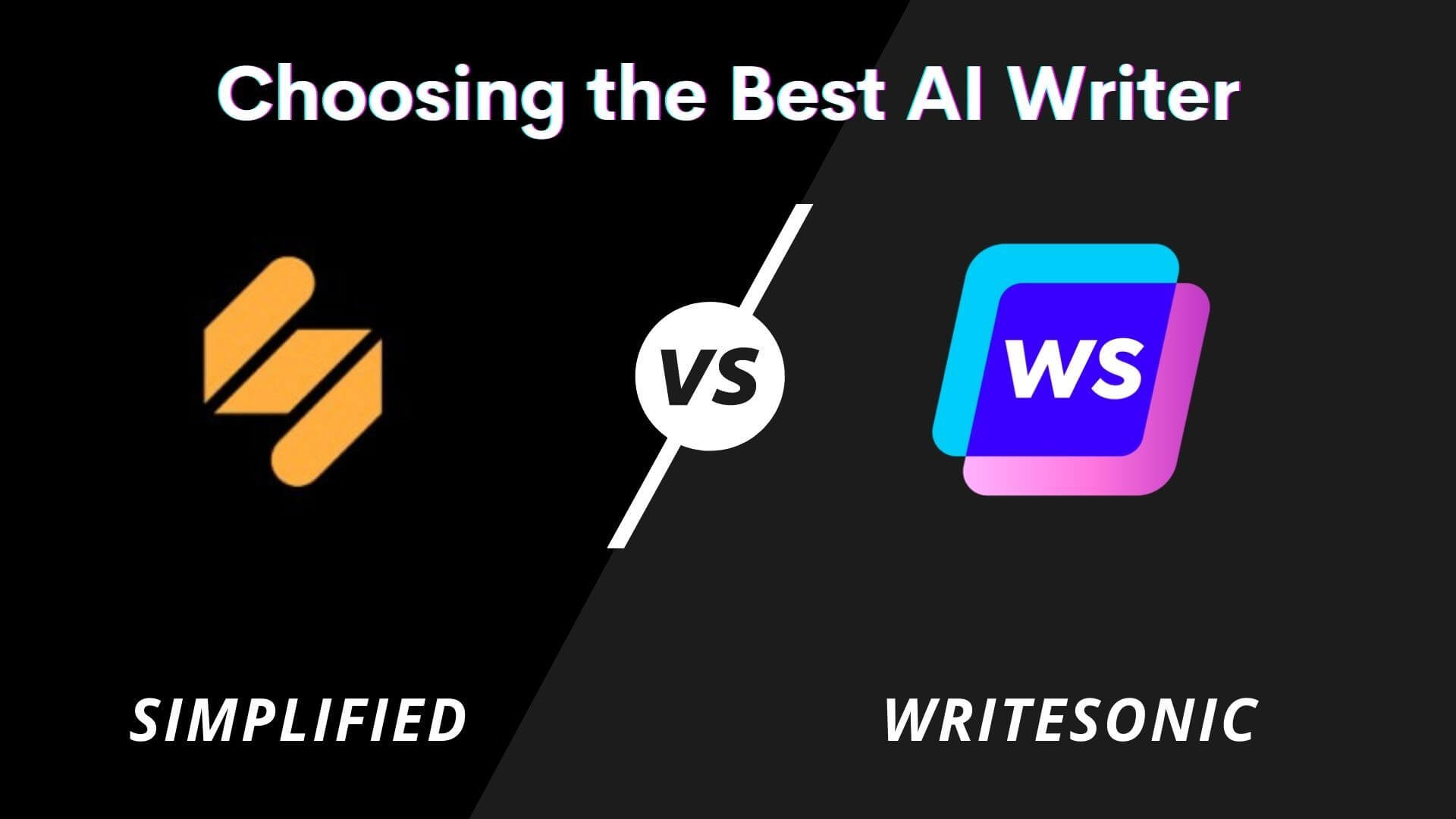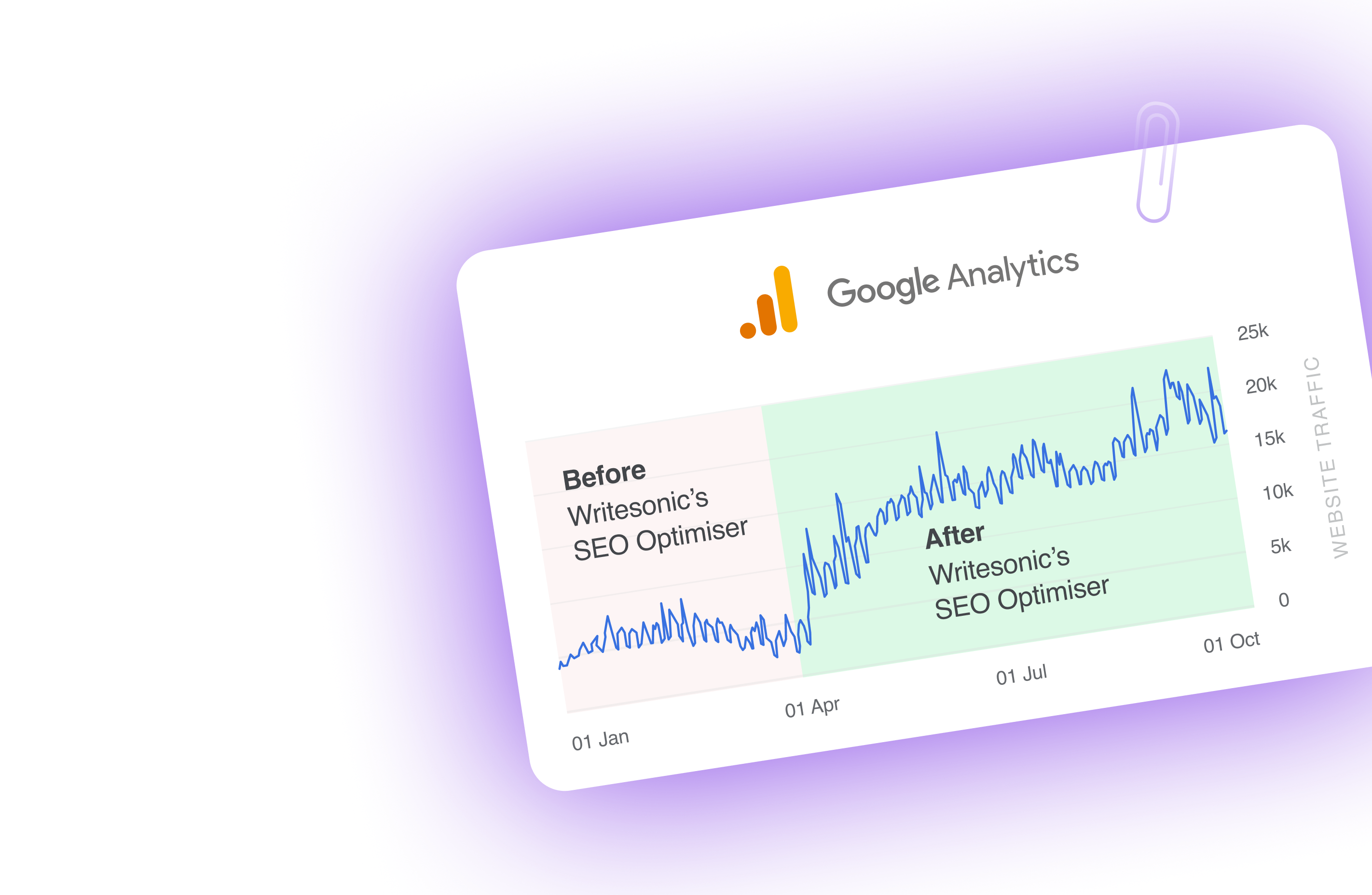What’s the first thing that comes to mind when crafting a winning SEO strategy?
Keyword research?
Competitor analysis?
Back-linking?
Two tools, Semrush and Ahrefs, often come to the forefront when executing these crucial SEO tasks. But with both offering a vast array of features, deciding which best complements your SEO workflow can be challenging.
In this blog, we’re about to crack open the age-old debate: Semrush vs. Ahrefs.
This in-depth comparison will focus on Semrush and Ahrefs, analyzing their strengths and weaknesses to help you make an informed decision.
We’ll cover everything from keyword research capabilities to competitive insights, ensuring you pick the perfect tool for your workflow.
Let’s dive right in! 🧑⚖️
A head-to-head comparison: Semrush vs Ahrefs
| Features | Semrush | Ahrefs |
| Keyword Research | ✅ | ✅ |
| Competitor Analysis | ✅ | ✅ |
| Content Creation | ✅ | ✅ |
| On-page Optimization | ✅ | ✅ |
| Backlink Analysis | ✅ | ✅ |
| Technical SEO | ✅ | ✅ |
| Rank Tracking | ✅ | ✅ |
| Support | Live chat, email, and phone | Chat and email |
| Free Trial | ✅ | ❌ (offers a bunch of features for free) |
Let’s compare the difference between Semrush and Ahrefs to understand better what each tool offers.
Semrush
Semrush is a powerful, all-in-one marketing solution offering a comprehensive tool suite to empower businesses.
Semrush equips you with the necessary resources to conduct in-depth keyword research, gain unparalleled competitive intelligence, and track and analyze website performance—all essential components of a winning SEO strategy.
However, Semrush’s capabilities extend beyond SEO.
Semrush functions as a centralized marketing command center, offering functionalities for:
- social media management,
- content marketing optimization, and
- PPC (Pay-Per-Click) advertising analysis.
This helps businesses gain a competitive edge, achieve online marketing objectives, and drive sustainable growth.
Ahrefs
While Semrush is a total marketing package, Ahrefs offers a powerful toolkit for search engine optimization specialists.
Ahrefs prioritizes in-depth backlink analysis, allowing users to dissect competitor strategies and identify opportunities to build their robust backlink profile.
Ahrefs’ keyword research goes beyond the usual (Google, Bing, etc.) and ventures into various other search engines like YouTube and Amazon, providing a broader scope for content optimization.
Ahrefs caters primarily to SEO professionals, providing detailed insights and diverse keyword options that empower them to craft highly targeted and effective SEO campaigns that drive organic traffic and website visibility.
How do you choose between Semrush and Ahrefs?
There are many differences between Semrush and Ahrefs, and deciding between them is potentially overwhelming.
Here are some key points you might consider when making your decision between Semrush or Ahrefs: 👇
What it does best
- Ahrefs: Offers a laser focus on SEO with in-depth backlink analysis and diverse keyword options.
- Semrush: Provides a comprehensive marketing suite with SEO as a core component, including social media, content, and PPC functionalities.
Your budget
- Ahrefs: Offers tiered pricing based on features and domain limits. Starts at $129/month.
- Semrush: Has a wider pricing range with additional costs for add-on features. Starts at $129.95/month.
Daily report needs
- Ahrefs: Daily report limits can be a consideration for high-volume users. The basic (Lite) plan allows 2,500 results per report.
- Semrush: Offers a generally higher daily report limit than Ahrefs. The basic (Pro) plan allows for a maximum of 10,000 results per report.
Functionality needs
- Ahrefs: Primarily focused on SEO functionalities like backlink analysis, keyword research, rank tracking, etc.
- Semrush: Provides a comprehensive suite of features alongside SEO tools, including social media management, content marketing optimization, and PPC advertising analysis.
User interface and ease of use
- Ahrefs: Offers a clean, data-driven interface. While powerful, fully using all functionalities may require technical SEO knowledge.
- Semrush: Boasts a user-friendly interface with helpful tutorials and a focus on visual data representation.
Customer support
- Ahrefs: Offers email support, online chat, and a knowledge base with helpful resources.
- Semrush: Provides email, live chat, and phone support options, along with a comprehensive knowledge base.
Additional considerations
- Daily report limits: Ahrefs’ limits might concern high-volume users. Semrush generally offers a higher daily report limit.
- Team expertise: Ahrefs caters well to data-driven SEO specialists. Semrush may be ideal for marketing agencies needing broader functionalities.
Ahrefs vs Semrush: Detailed breakdown of the features
| Features | Semrush | Ahrefs |
| Toolkits | SEOContent marketingSocial mediaPaid advertising | SEO |
| Keyword Research | Keyword metricsKeyword listsKeyword gapsCustom keyword metrics | Keyword metricsKeyword listsKeyword gapsCustom keyword metrics |
| Competitor Analysis | BacklinksPaid keywordsChanges over timeTrafficKeywordsCompetitor lists | BacklinksPaid keywordsChanges over timeTrafficKeywords |
| Content Creation | Topic researchSocial media content ideationSEO writing assistantContentShake AI | Content explorerFree AI writing tool |
| On-page Optimization | SEO strategyBacklink ideasTechnical SEO ideasSemantic keywordsContent ideasUX ideasSERP features | SEO strategyBacklink ideasTechnical SEO ideasSemantic keywordsContent ideasSERP features |
| Backlink Analysis | Backlink typesBacklink gapLink attributesAuthority scoreLocation distributionHistorical dataExternal links | Backlink typesLink attributesDomain rating (DR)URL rating (UR)Historical dataExternal links |
| Technical SEO | Site auditOn-page SEO checkerLog file analyzer | Site auditOn-page SEO checker |
| Rank Tracking | Keyword tagsCompetitor comparisonFeatured snippet trackingAlgorithm update position tracking | Keyword tagsCompetitor comparisonGSC integration |
| Support | Live chat, email, and phone | Live chat and email |
| Unique Features | Search intentAdvertising researchToolkit for outreachSEO WordPress plugin | A lot of new features like Local SEO, always-on auditAhrefs web analytics, etc., coming soon! |
From backlink analysis to technical SEO and rank tracking, we’ll compare Ahrefs and Semrush feature by feature, highlighting their strengths and potential limitations.
So, which is better: Ahrefs vs Semrush? Let’s go. 👇
1. Keyword research
You spend hours crafting killer content, but nobody finds it.
Not ideal, right?
Keyword research helps you find high-volume, low-competition keywords that drive organic traffic.
A Semrush study shows that 3-3.5 pages are visited per session when a user lands from a search. So, having a comprehensive keyword research tool is crucial for organic growth.
Let’s now look at Semrush vs Ahrefs for keyword research:
Ahrefs
Ahrefs’ Keyword Explorer acts like a user-friendly GPS. Its keyword difficulty score helps you size up the competition for your target terms.
It gives you a visual cue: green for low-ranking difficulty, yellow for medium, and red for the toughest.
Features
- Massive data and scalability: Ahrefs’ keyword database can analyze up to 10,000 keywords in one go, making it ideal for large-scale SEO campaigns. It has filtered 12 billion keywords from 72 billion discovered in total, spanning 216 locations.
- Keyword difficulty score: Estimates the effort required to rank in the top 10 for a keyword based on backlinks and other factors.
- Search volume: Provides estimated monthly search volume for a keyword.
- Click-through rate (CTR): Estimates the likelihood of users clicking on a search result for a keyword.
- Keyword ideas: Generates a vast list of related keywords based on the seed keyword.
- Parent topic: Identifies the broader topic a keyword belongs to, helping you understand the search intent.
- SERP overview: Displays the top-ranking pages for a keyword, along with their estimated traffic and Domain Rating (DR).
Limitations
- The free plan offers a restricted number of keyword searches and doesn’t include features like historical keyword data or search volume for more than a handful of locations.
Semrush
Semrush, on the other hand, gives you a lot to work with. You get search volume estimates, keyword variations, and related keywords.
Semrush’s keyword research tool is called the ‘Keyword Magic Tool.’ It offers a user-friendly experience with a wealth of data and unique features.
Features
- Keyword index: Semrush has a keyword database of 25 billion keywords across 142 geo databases. Analyze up to 10,000 keywords in one go, making it ideal for large-scale SEO campaigns.
- Keyword difficulty score: Estimates the difficulty of ranking for a keyword based on backlinks, on-page SEO factors, and paid advertising competition.
- Cost-per-click (CPC) estimates: Offers an estimate of the average CPC in US dollars if you bid on the keyword in Google AdWords.
- Organic search traffic insights: Estimates a website’s organic traffic for a keyword.
- Keyword variations: Provides various keyword variations based on user intent (informational, commercial, etc.)
- Competitive research: It’s a great competitor analysis tool that analyzes their organic keywords and top-ranking pages.
Limitations
- The tool can overwhelm new users with all this data, causing information fatigue.
🧑⚖️ Verdict
Semrush wins the first round. ✌️
Both Ahrefs and Semrush offer powerful keyword research tools, but Semrush wins it by a small margin because of the range and depth of its data (SEO and PPC).
Also read: How to Find Your Competitors’ Keywords: Top 9 Strategies
2. Competitor analysis
Understanding your competitors’ SEO strategies is crucial for staying ahead in the search engine game.
Ahrefs and Semrush offer robust competitor analysis features but have some key differences.
Ahrefs
Ahrefs competitor analysis helps you uncover the keywords your competitors rank for (organic and paid search).
Features
- Top pages report: Identify your competitors’ most successful pages in terms of organic traffic and identify potential content gaps for your website.
- Backlink analysis: Analyze your competitors’ backlinks to understand their link-building strategies and identify potential opportunities for yourself.
- Keyword gap analysis: Discover keywords your competitors rank for that you don’t, allowing you to target these keywords and potentially outrank them.
- Domain comparison: Compare your website’s domain rating (Ahrefs’ metric for a website’s overall SEO strength) to your competitors’, providing insights into their overall authority.
- SERP overlay: View your competitor’s website directly on the search results page alongside your own, allowing for a quick visual comparison of rankings for specific keywords.
Semrush
Semrush’s competitor insights help you analyze your competitors’ organic traffic sources, top keywords, and estimated traffic share.
Features
- Competitive position tracking: Monitor your ranking against competitor websites for specific keywords.
- Domain vs. domain comparison: Comprehensively compare your website with up to five competitors across metrics like organic traffic, backlinks, and estimated keyword rankings.
- Gap analysis: Identify keyword gaps where you’re missing out compared to competitors, allowing you to prioritize your content strategy.
- Traffic sources: Analyze your competitors’ traffic sources, including organic search, paid advertising, and social media, to understand their overall online marketing strategy.
- Traffic analyzer: Unveil your competitors’ top landing pages and their estimated traffic distribution across different channels.
- Brand monitoring: Track brand mentions across the web, including social media and forums, to see how competitors are perceived.
🧑⚖️ Verdict
Semrush wins again. ✌️
Both are almost feature-for-feature in this category, but Semrush offers advertising research and a social media tracker to analyze your competitors’ social media activity.
So, Semrush is the better overall tool for competitor analysis.
3. Content creation
While both Ahrefs and Semrush are great at SEO, content creation remains a separate battleground.
Ahrefs
Ahrefs helps you discover top-ranking content and generate content ideas but has limited functionality.
Features
- Content Explorer: Discover high-performing content related to your target topics. Analyze what topics resonate with your audience and identify potential content gaps.
- Keyword tool: Generate keyword ideas for your content based on search volume and competition.
Limitations
- Ahrefs doesn’t offer dedicated tools within the platform, such as topic outlines, content briefs, or on-page SEO suggestions.
Semrush
Semrush has a Content Marketing feature that lets you research a topic and generate many ideas for creating content around it.
Features
- Topic Research: Explore content ideas based on search intent, trending topics, and competitor analysis.
- Content brief builder: Generate comprehensive content briefs with outlines, target keywords, and potential headings, saving you time and ensuring your content stays focused.
- SEO writing assistant: Receive on-page SEO suggestions as you write, ensuring your content is optimized for relevant keywords and targets the searcher’s intent.
- Cluster suggestion: Group related keywords into content clusters, which will help you create a strategic content hierarchy for your website.
- Magic Write: A new beta feature in Semrush (as of June 2024), Magic Write allows you to generate creative text formats, such as blog post intros, product descriptions, and even social media captions, based on your input.
Limitations
- Content creation features like Topic Research and Content Brief Builder are unavailable in the free plan.
🧑⚖️ Verdict
Semrush wins. ✌️
When it comes to content creation features, Semrush offers a more comprehensive and user-friendly experience. It streamlines the workflow with features like topic research, content briefs, and on-page SEO suggestions.
Semrush wins this round comfortably.
4. On-page optimization
Optimizing your website’s on-page elements is crucial for ranking higher in search results.
Ahrefs and Semrush offer on-page optimization tools that cater to different needs.
Ahrefs
Ahrefs helps you crawl your website to identify on-page and technical SEO issues, such as broken links, missing alt tags for images, and slow loading times.
Features
- On-page report: Analyze specific pages for on-page SEO factors like title tags, meta descriptions, and internal linking opportunities.
- Content Explorer: Discover high-performing content for your target topics and analyze their on-page optimization strategies.
- Technical SEO dashboard: Get a comprehensive overview of your website’s technical health, allowing for prioritized issue-fixing.
Limitations
- The free plan offers basic on-page suggestions but restricts access to detailed reports and crawl data.
Semrush
Semrush has a dedicated on-page SEO checker to help you analyze individual pages for on-page SEO factors like title tags, meta descriptions, content length, and internal linking opportunities.
Features
- SEO ideas: Receive actionable recommendations for optimizing your content, including keyword suggestions, readability score analysis, and internal linking opportunities.
- Topic research and cluster suggestion: Explore relevant subtopics and group them into content clusters, ensuring your content comprehensively covers the target topic and is well-structured for search engines.
- SEO writing assistant: Offers real-time on-page SEO suggestions as you write, making optimizing content for relevant keywords and improving search visibility easy.
- Page Authority score: Semrush assigns each page a Page Authority score, providing an estimate of its ranking potential based on backlinks and on-page optimization.
Limitations
- Like Ahrefs, the free plan offers basic on-page SEO suggestions but restricts access to detailed reports and crawl data.
🧑⚖️ Verdict
Semrush wins. ✌️
Semrush again takes a point here with its dedicated on-page optimization tool, which offers a wide range of optimization suggestions and features.
5. Backlink analysis
Backlinks are like digital gold stars—the more high-quality links pointing to your site, the higher your website’s authority in the eyes of search engines.
Both Ahrefs and Semrush have X-ray vision when it comes to backlinks.
Ahrefs
Ahrefs lets you see who’s linking to you, the quality of those links (gold vs. fool’s gold), and how your backlink profile compares to competitors.
Ahrefs gives you a crystal-clear picture of your website’s reputation online.
Features
- Massive backlink index: According to its website, Ahrefs boasts one of the largest backlink indexes, with over 15 trillion backlinks.
- Detailed backlink profiles: Analyze in-depth metrics for each backlink, including anchor text, referring domain rating (DR), link type (dofollow/nofollow), and first/last seen dates.
- Backlink analysis tools: Explore a suite of tools like ‘Link Intersect’ to identify backlinks your competitors share and ‘Broken Link Checker’ to unearth opportunities for link-building.
- Advanced filters and reports: Apply granular filters like domain rating, anchor text, and link type to pinpoint specific backlinks you’re interested in. Then, generate comprehensive backlink reports for presentations or client sharing.
- Backlink alerts: Stay updated with notifications for new backlinks, lost backlinks, and mentions of your brand.
Limitations
- Limited reporting capabilities for large datasets make it difficult to analyze extensive backlink profiles.
- Filtering and sorting features can be overwhelming for users who are not familiar with the tool.
Semrush
Semrush boasts a larger backlink index, exceeding 40 trillion backlinks, giving you a more panoramic view of your website’s authority. It offers a wider search radius for links.
Features
- Backlink profile analysis: Analyze key metrics like anchor text distribution, referring domain rating, and link type.
- Backlink visualization: Semrush excels in visually representing backlink data through charts and graphs, making it easier to understand the overall backlink profile.
- Backlink comparison: Compare your backlink profile with your competitors to identify areas for improvement.
- Backlink monitoring: Track changes in your backlink profile, including new and lost backlinks.
- Domain comparison tool: Analyze and compare backlink profiles of multiple domains side-by-side for a comprehensive overview.
Limitations
- The link index, although large, is not always the most up-to-date.
🧑⚖️ Verdict
It’s a tie. 🤝
Both Ahrefs and Semrush offer formidable backlink analysis features, so this round ends in a tie.
Also read: Mastering the Art of Link Building: A Complete Guide
6. Technical SEO
Technical SEO ensures search engines can easily crawl and understand your website.
Ahrefs and Semrush inspect your website, identifying crawl errors, broken links, and other technical roadblocks that can tank your rankings.
Ahrefs
Ahrefs helps you crawl your website, prioritize a list of actionable fixes, and optimize it for search engines and visitors.
Features
- Site audit: Ahrefs’ Site Audit crawls your website and generates a comprehensive report identifying technical SEO issues, such as crawl errors, broken links, mobile usability problems, and on-page SEO opportunities.
- Detailed issue breakdown: Each technical SEO issue is categorized by severity (critical, warning, notice) and accompanied by a clear explanation and potential solutions.
- Prioritization and filtering: Prioritize issues based on their impact and filter by specific categories for focused troubleshooting.
- Historical data and monitoring: Track your website’s technical health over time and monitor progress in addressing identified issues.
- Integration with other tools: Ahrefs seamlessly integrates with other features, such as Backlink Analysis, allowing you to analyze the technical SEO impact of backlinks.
- Custom alerts: Set up custom alerts to monitor specific technical SEO parameters.
Limitations
- Ahrefs does not integrate directly with Google Search Console, making comparing rankings from both tools harder.
Semrush
Semrush’s technical SEO audit is particularly thorough. It provides a detailed report with actionable fixes and helps optimize your website’s technical health.
Features
- Site Audit tool: Semrush’s Site Audit crawls your website and generates a report outlining technical SEO issues, such as crawl errors, broken links, mobile responsiveness problems, and on-page SEO optimization suggestions.
- Actionable recommendations: Each issue includes clear recommendations for fixing it, making it easier to take action.
- Visualization and prioritization: Semrush excels at presenting technical SEO data visually, using charts and graphs for easy interpretation. Issues are prioritized based on severity, helping you focus on critical problems first.
- Historical data and monitoring: Track your website’s technical health over time and monitor progress on resolving identified issues.
- Comparison tool: Compare your website’s technical SEO health with that of your competitors to identify areas for improvement.
🧑⚖️Verdict
Semrush wins this round as well. ✌️
Both Ahrefs and Semrush are strong contenders in technical SEO, but Semrush clinches the win again due to its robust site audit and its presentation of solutions to fix the issues.
7. Rank tracking
Both Ahrefs and Semrush offer rank tracking tools, which let you see your website’s ranking progress over time and how you compare to competitors.
Around 99,000 searches happen on Google every second, so you wouldn’t want to miss the opportunity to appear in the search results and earn more profit.
Ahrefs
Ahrefs’ rank tracking is known for its pinpoint accuracy and user-friendly interface. It helps you track keywords’ positioning on SERPs.
Features
- Track keyword rankings: Ahrefs lets you monitor your website’s ranking position for a set of keywords across various search engines.
- Historical rank data: Analyze historical rank data to track progress and identify ranking trends.
- Rank tracking reports: Generate detailed reports with visualizations showcasing ranking movements and average ranking positions.
- Data refresh: Refresh rank tracking data once or twice weekly (depending on your plan).
- SERP features and competitor tracking: Identify SERP features like featured snippets and track competitor rankings for the same keywords.
Semrush
Semrush, however, offers more granular data, including ranking distributions and historical ranking trends.
Features
- Track keyword rankings: Monitor your website’s ranking position for a set of keywords across various search engines (including Google, Bing, and Yahoo!).
- Rank tracking reports: Generate reports with visual representations of ranking movements, average positions, and top-ranking competitors.
- Data refresh: They update their rank tracking data almost every day.
- SERP features and visibility score: Identify SERP features like featured snippets and track a ‘Visibility Score’ that estimates organic search traffic based on rankings.
- Local rank tracking: Track your website’s ranking for local searches (available in paid plans).
🧑⚖️Verdict
Semrush wins. ✌️
Both Ahrefs and Semrush share many rank-tracking functionalities, but Semrush refreshes its ranking data more often than Ahrefs, so it again takes this round by a slim margin.
8. Support
Ahrefs and Semrush offer the same resources and help options. Both tools offer chat, email, and knowledge-base articles.
The only difference is that Semrush lets you connect with a live representative for a more immediate solution.
🧑⚖️Verdict
Semrush wins again. ✌️
Both tools provide fantastic support to their users, but Semrush has an edge with its live chat feature.
9. Unique features
Semrush has considerably more features than Ahrefs.
Semrush has an SEO checker and optimizer. This tool lets you paste your content into it and run a quick SEO check. It suggests ways to optimize your content for better keyword intent and can help you audit content at scale.
Also, Semrush has its own AI assistant within its platform named Semrush Copilot. It analyzes data from Semrush tools to provide personalized recommendations for improving your website’s SEO.
Copilot helps you save time, prioritize tasks, and stay informed about critical SEO issues, making it a valuable tool for SEOs, website managers, and content creators using Semrush.
🧑⚖️Verdict
Semrush rules the reigns here.
Which tool is superior overall?
While both Ahrefs and Semrush are exceptional SEO tools, diving deeper reveals Semrush’s potential edge.
The focus on features and usefulness makes Semrush a compelling choice for SEO professionals.
Up your content creation and SEO efforts with Writesonic
Content creation still remains a constant challenge for many.
Writesonic helps you streamline your content workflow and take your SEO efforts to the next level.
Here’s how Writesonic helps you with content creation:
- Budget-friendly: Compared to the comprehensive (and often pricier) SEO tool sets of Ahrefs and Semrush, Writesonic offers a budget-conscious solution. This makes it ideal for startups, solopreneurs, and content creators who want to maximize their SEO impact without breaking the bank.
- Effortless content creation: Forget writer’s block and long hours of staring at a blank page. Writesonic’s user-friendly interface empowers anyone to generate high-quality content in seconds, regardless of technical expertise.
- AI-powered automation: Accelerate your content creation process with Writesonic’s suite of AI-powered features. Generate various content formats with Writesonic’s AI Article Writer and automatically personalize them with relevant keywords and on-page SEO suggestions.
- Keyword research and strategic clustering: Don’t waste time chasing irrelevant keywords. Writesonic assists with SEO-checking and optimizing, helping you identify high-potential keywords that drive organic traffic. It also helps you group these keywords into strategic clusters, ensuring your content targets the right audience with the right information.
Writesonic connects your SEO strategy and content creation efforts. It takes valuable data and insights from Ahrefs or Semrush and translates them into actionable content that ranks higher in search results and attracts your target audience.
By combining the power of these tools with Writesonic’s content creation magic, you’ll be well on your way to dominating the SEO content creation.

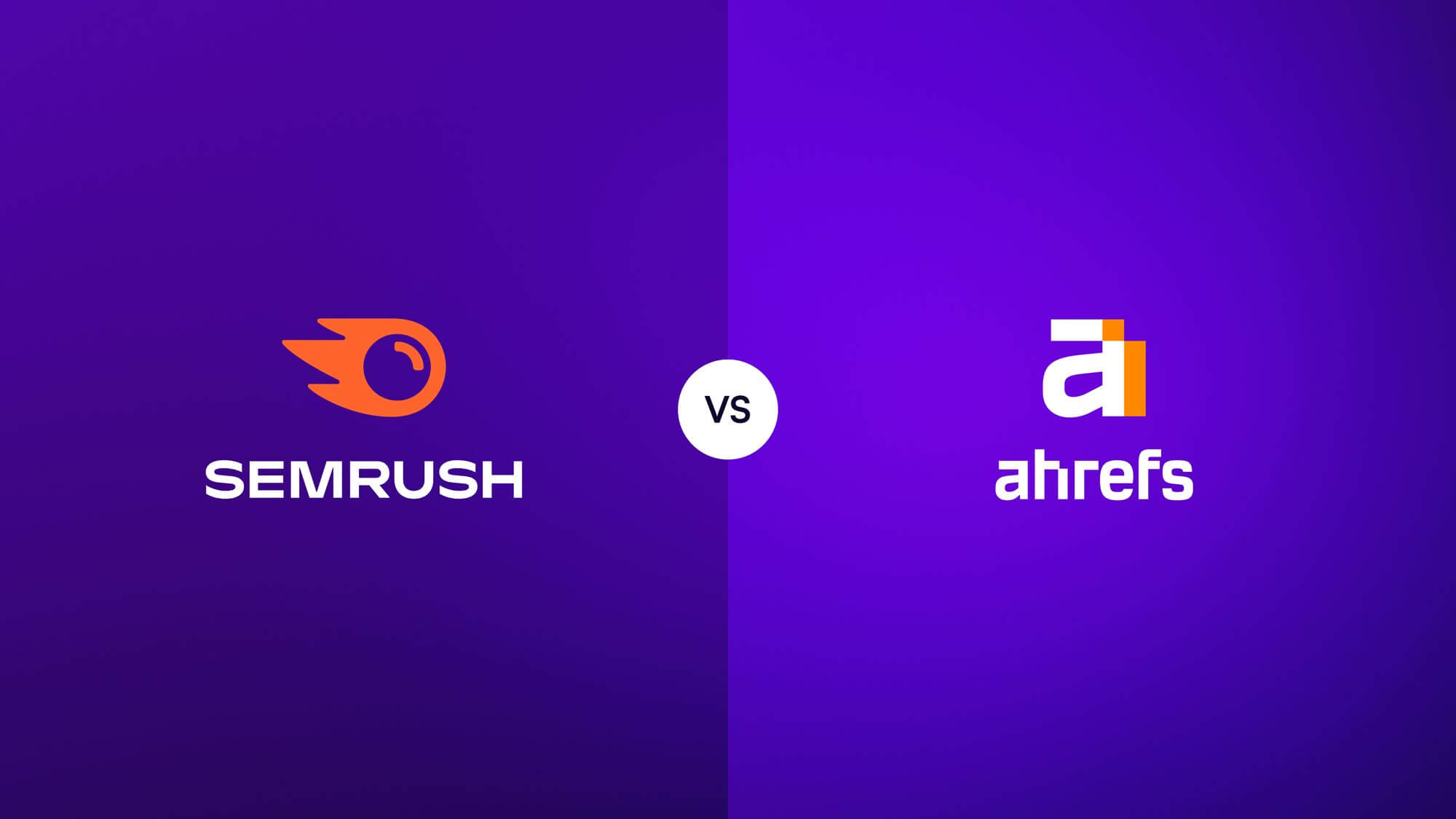












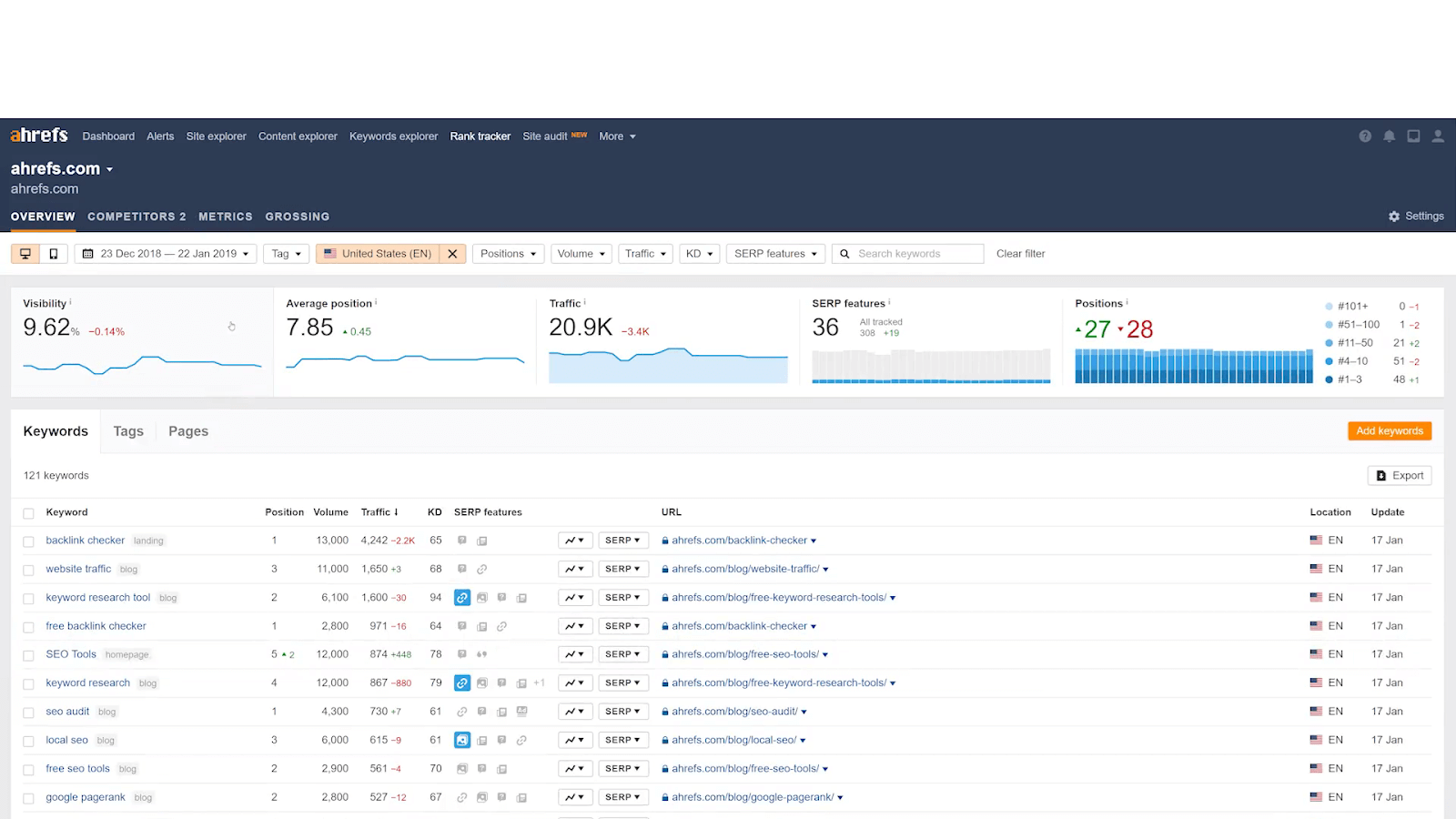


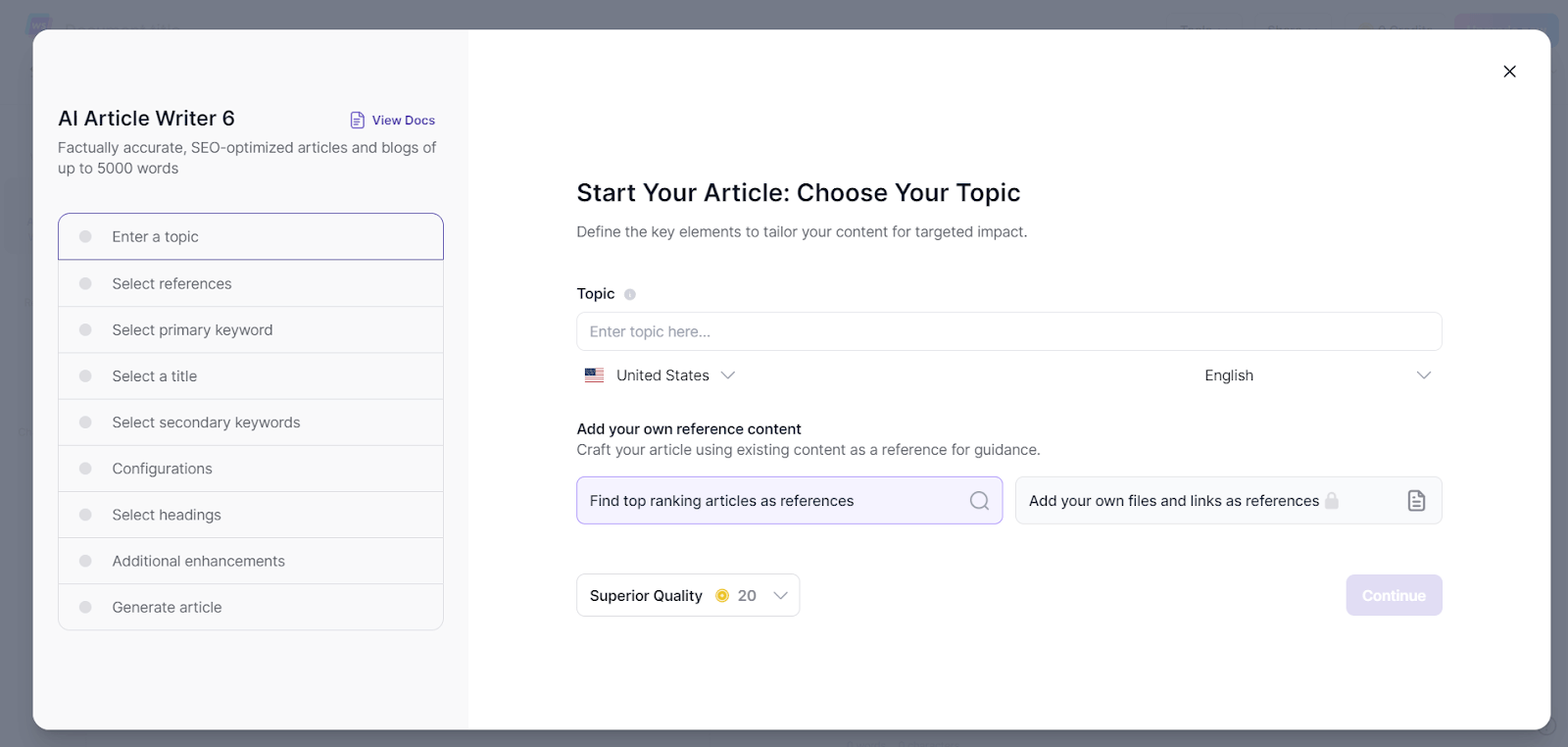
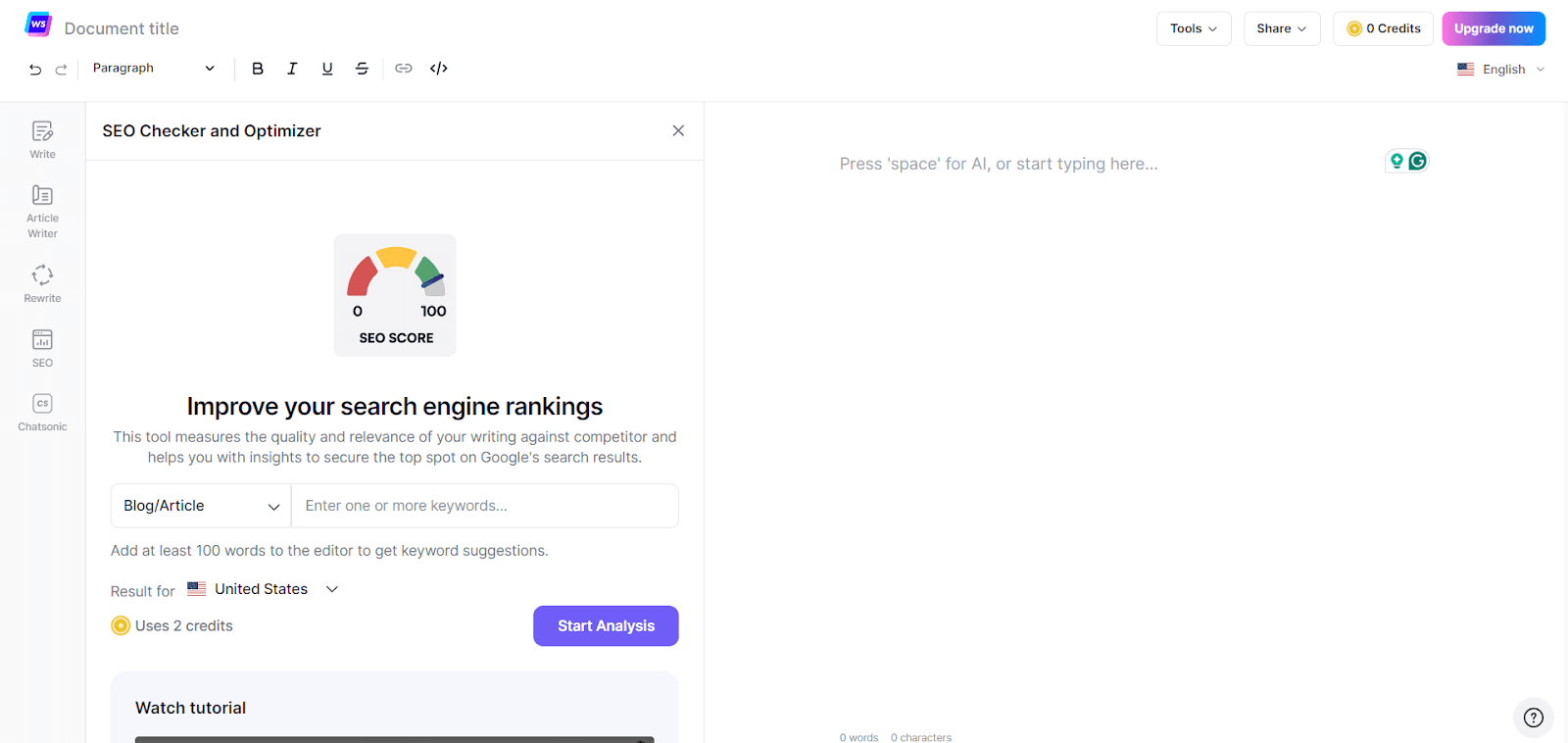



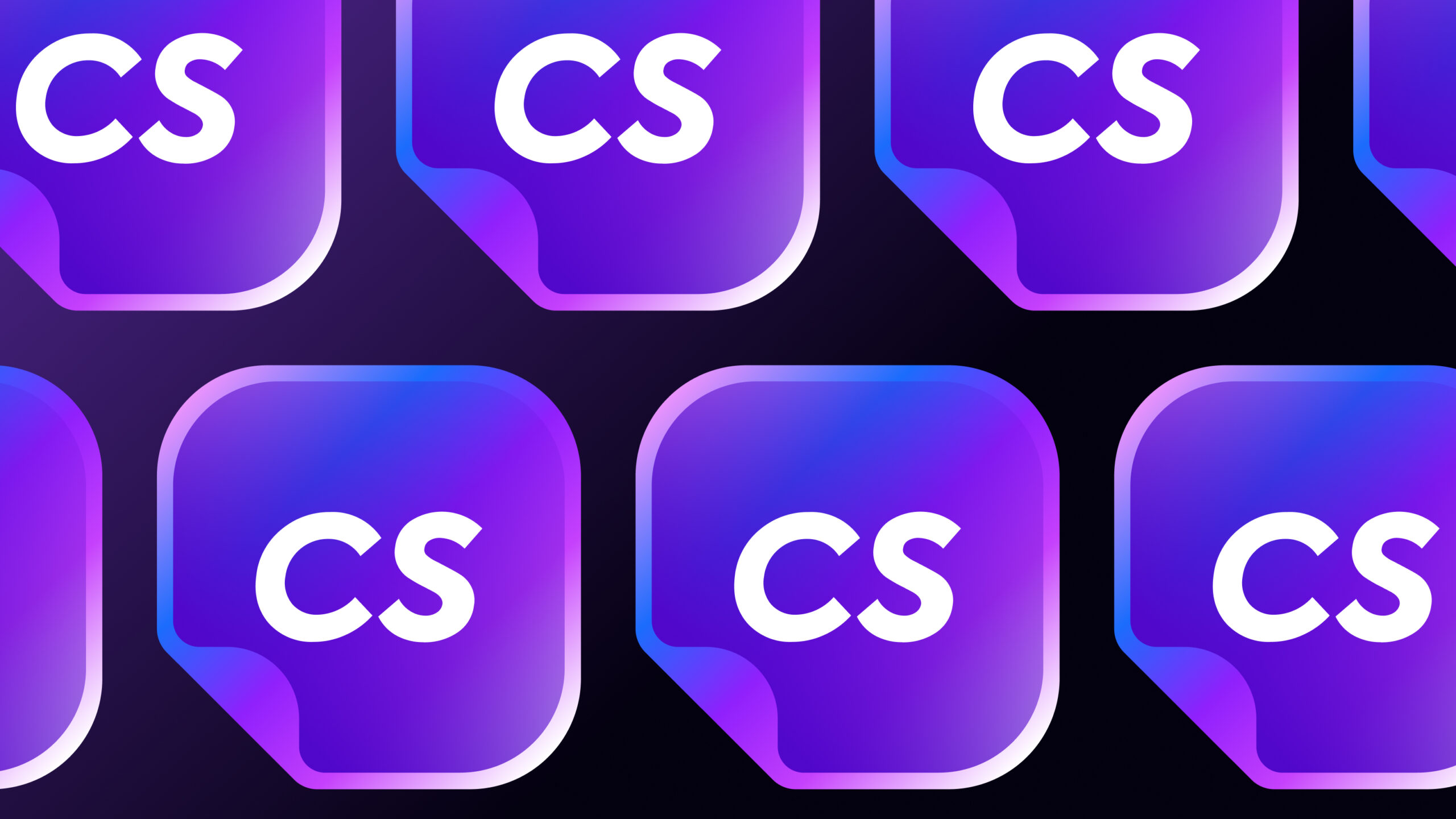


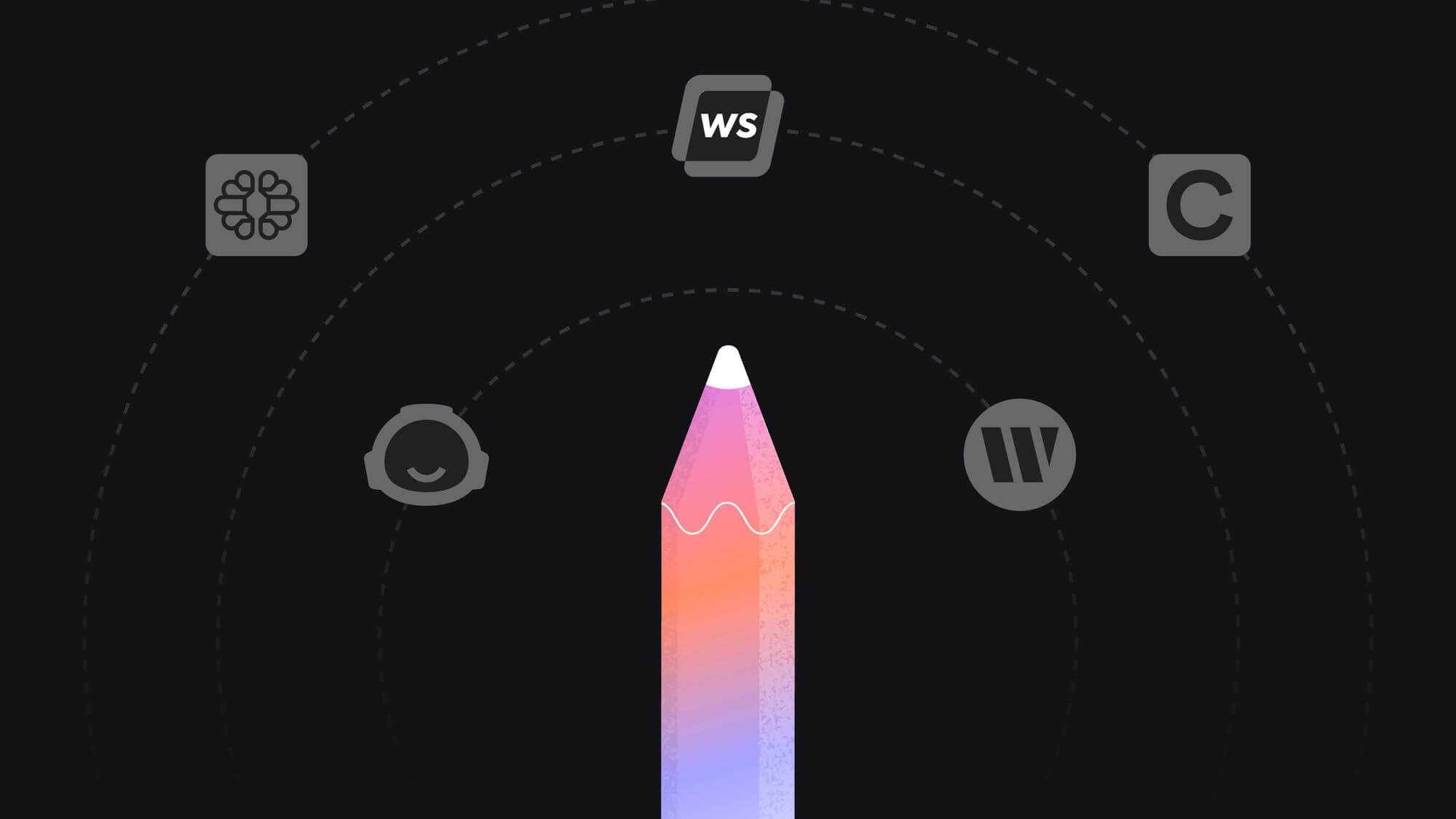

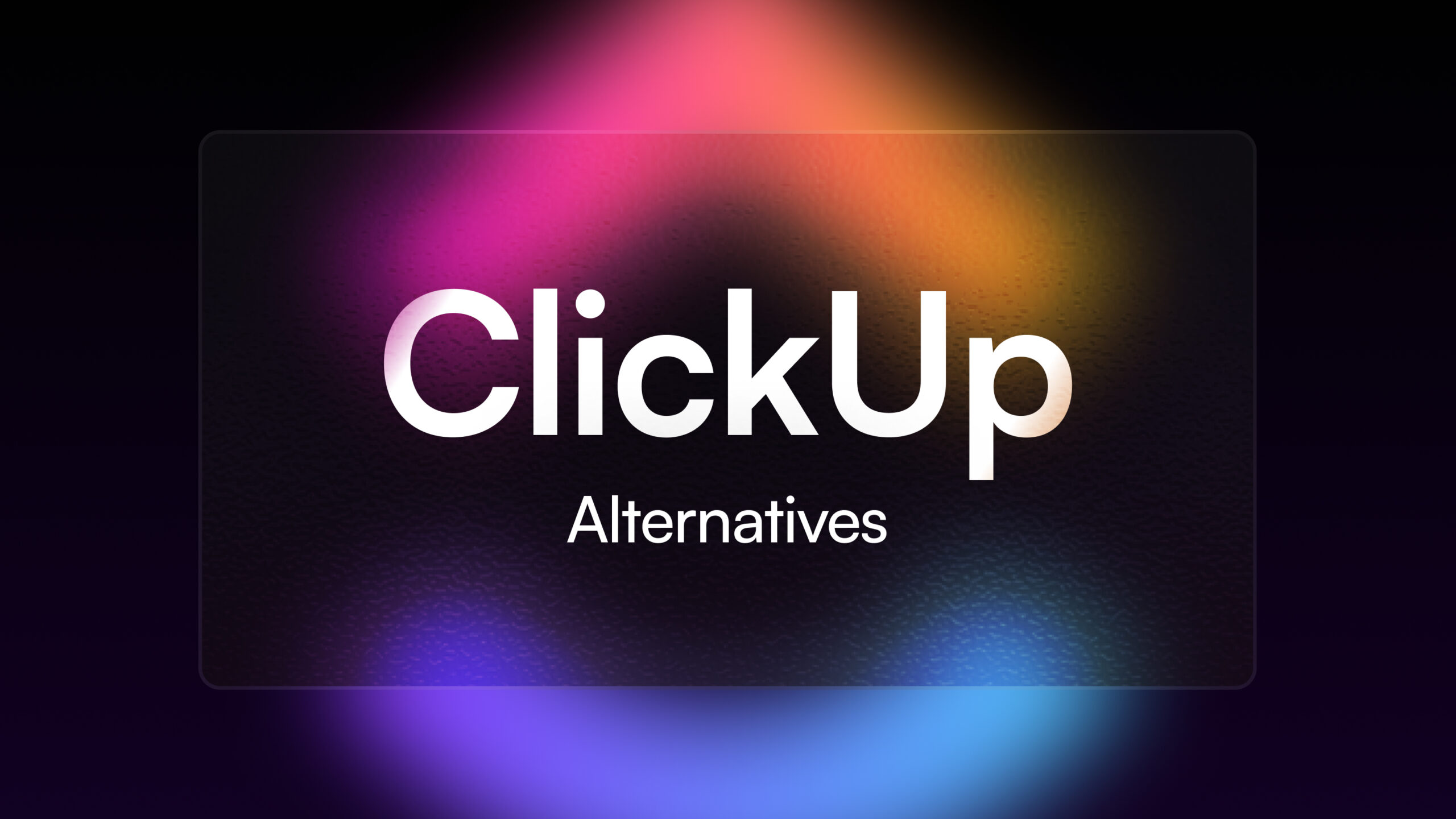
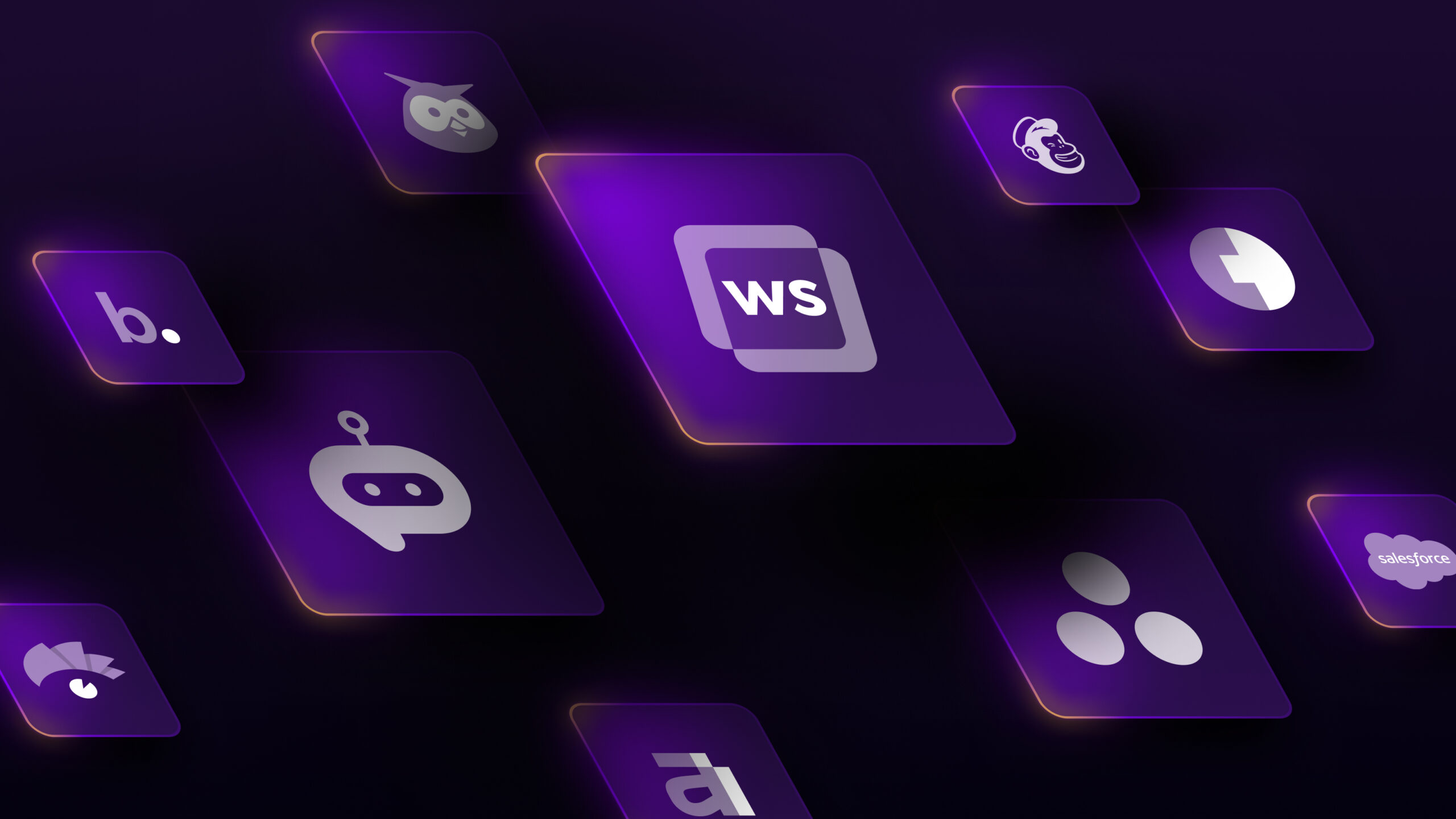


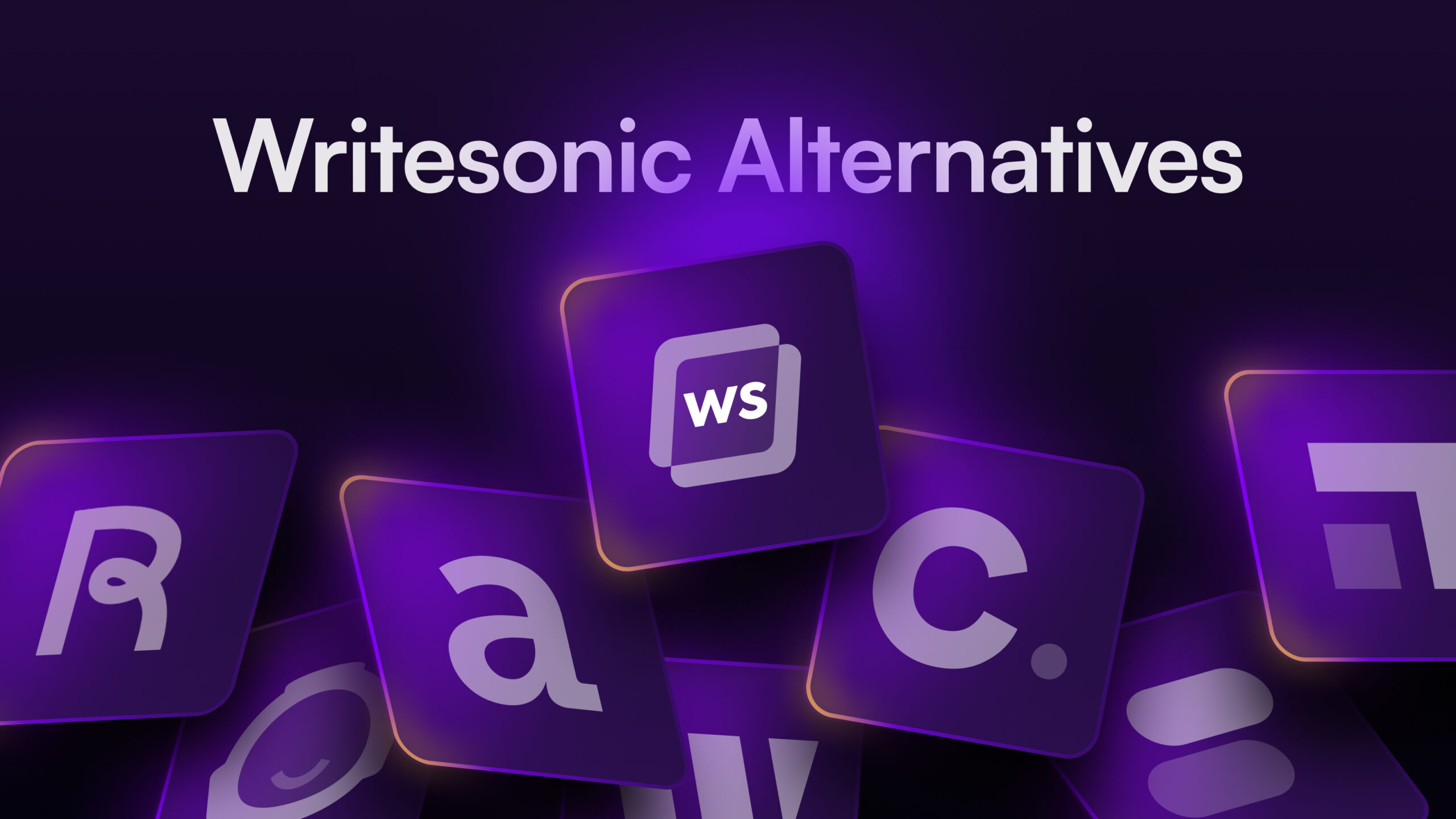
![140 Best AI Tools: Rated & Reviewed [2025]](/wp-content/uploads/Best-AI-Marketing-Tools-1-1.jpg)

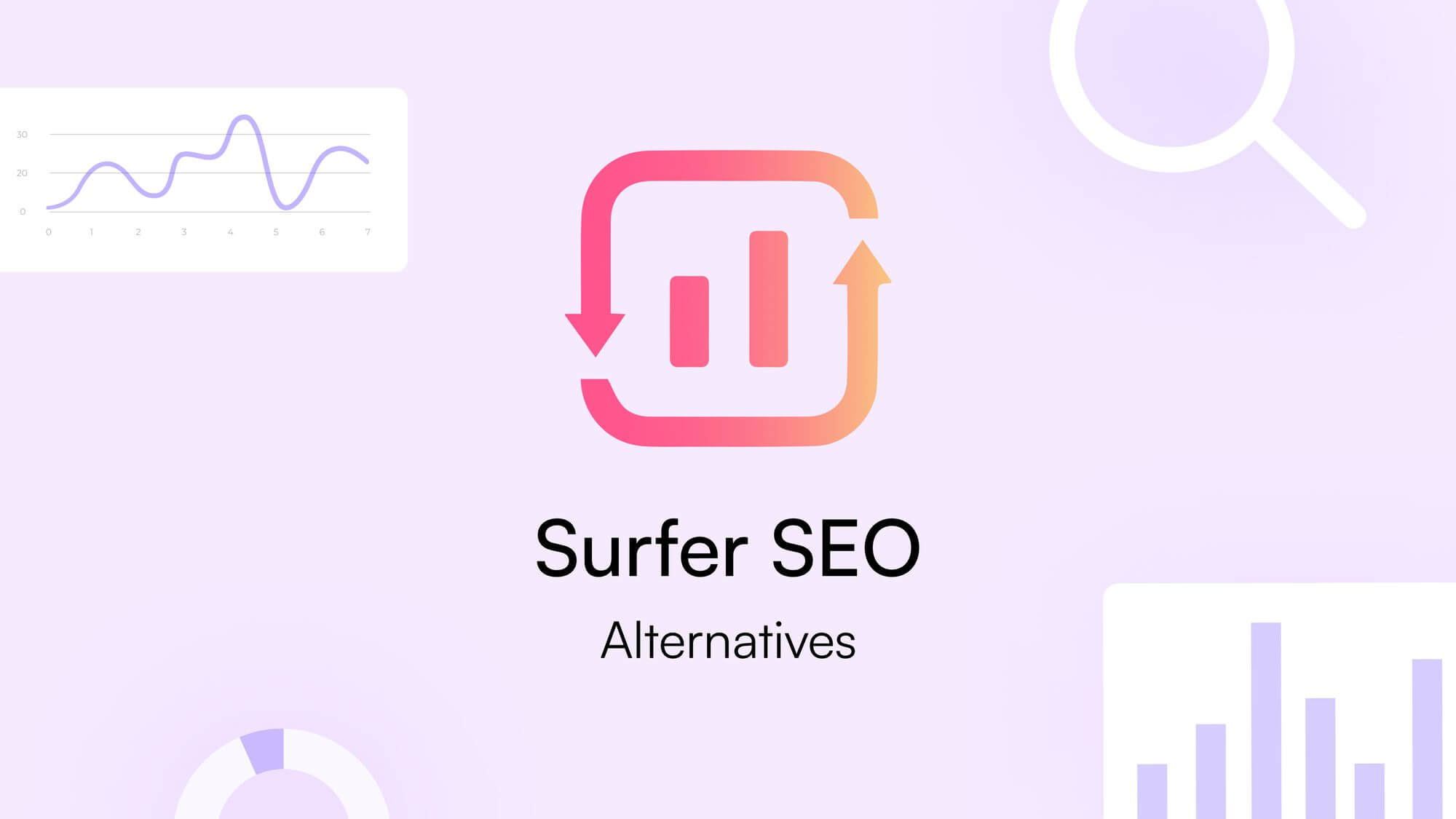





![Content Automation Strategy: Essential Steps and Tools [2025]](/wp-content/uploads/2024/08/Content-Automation-1.jpg)



